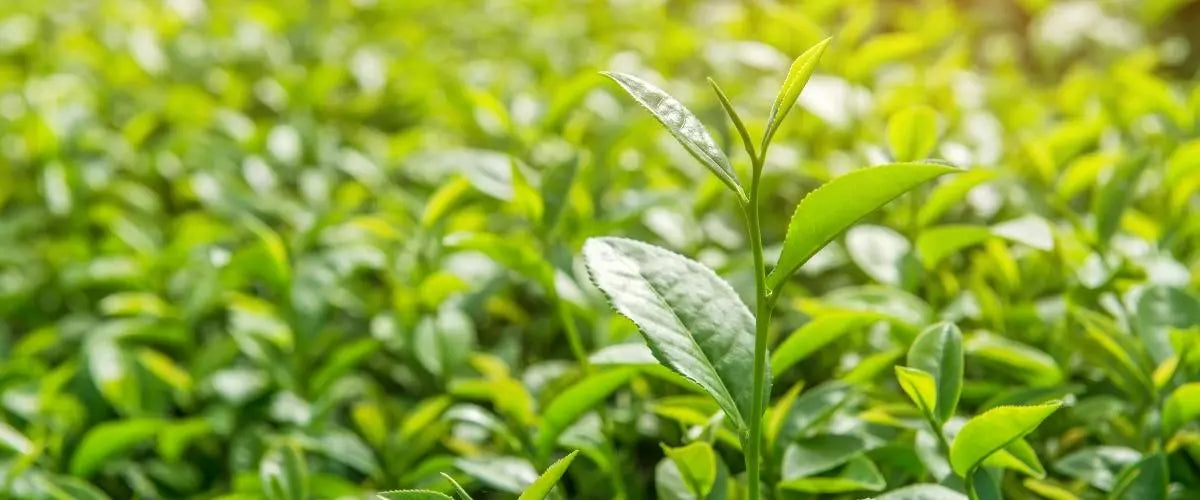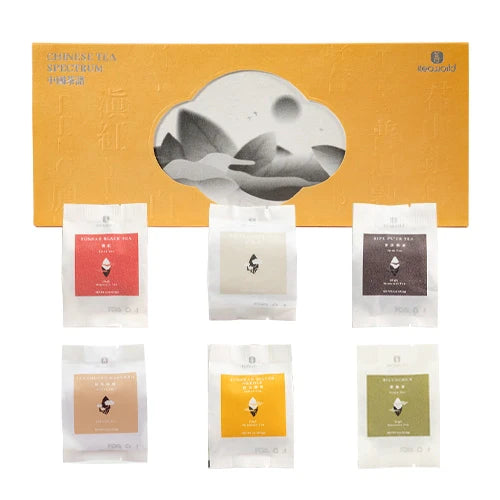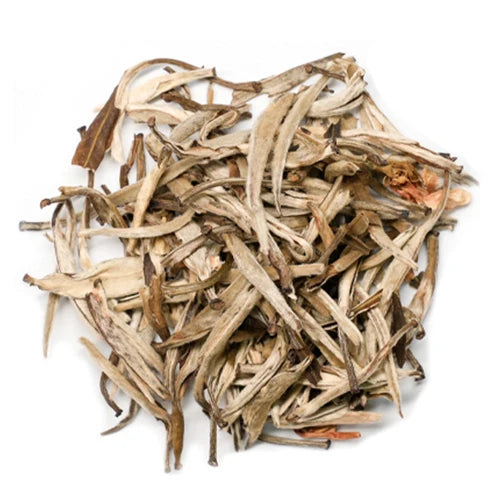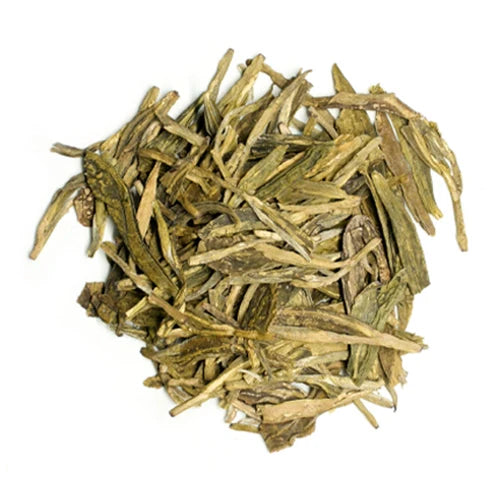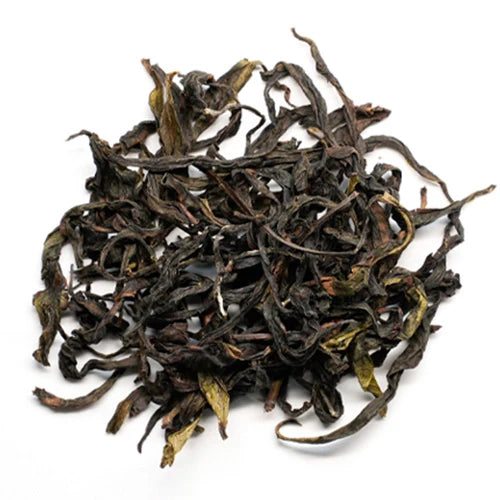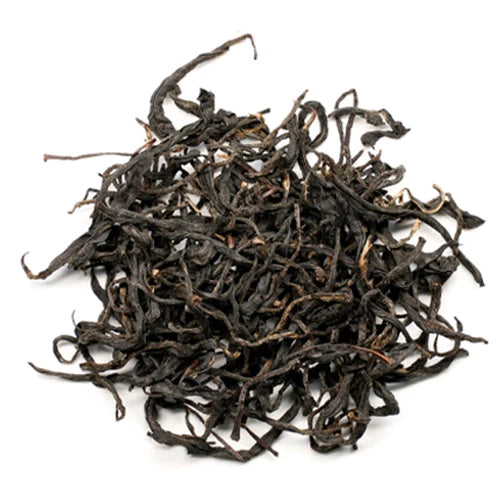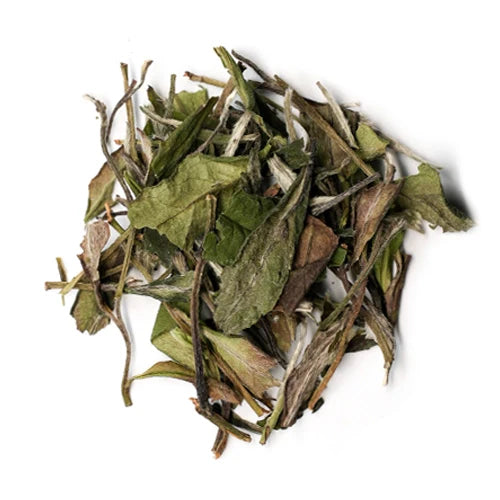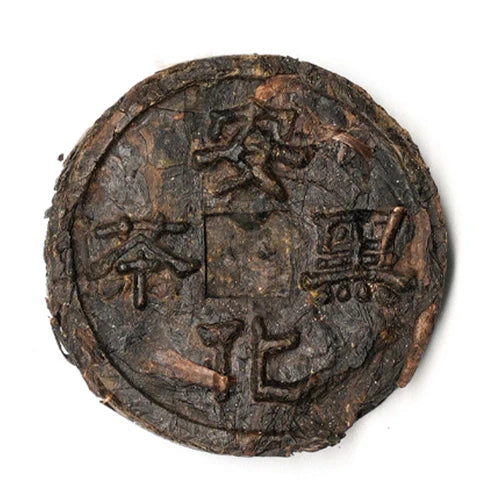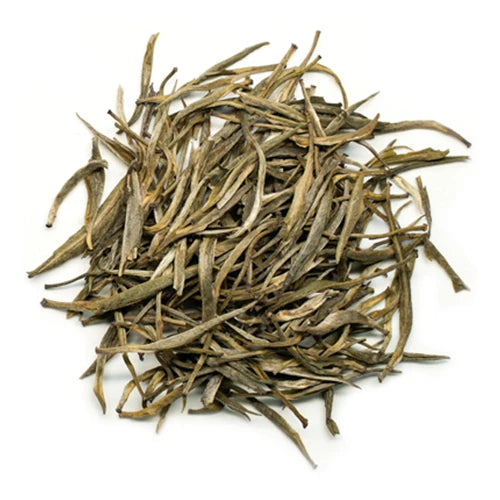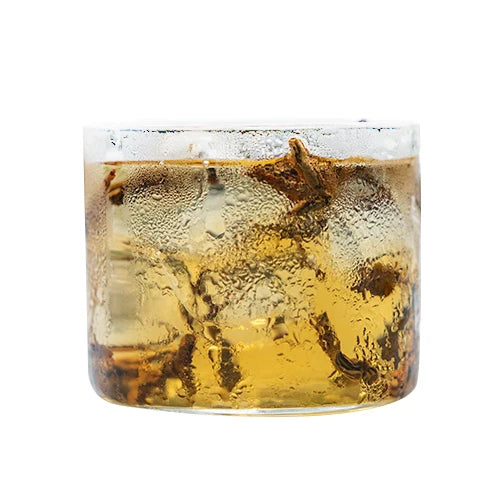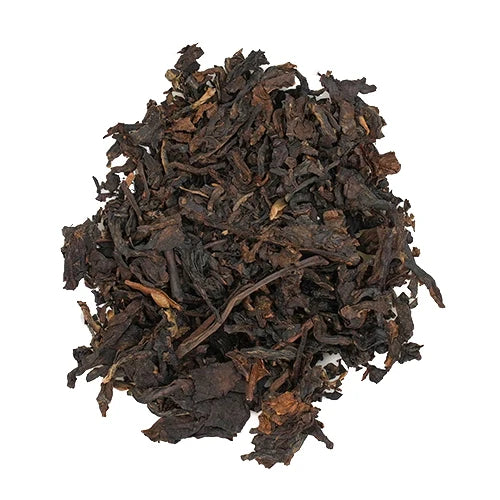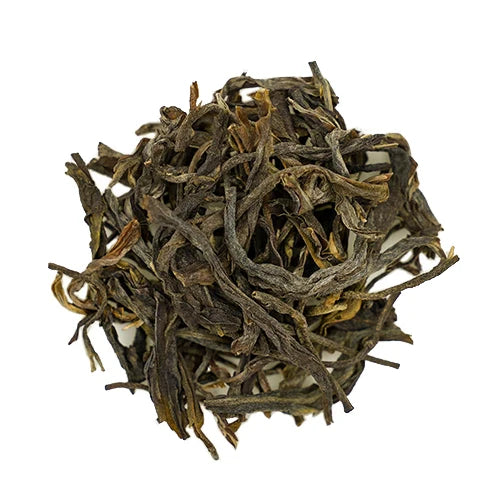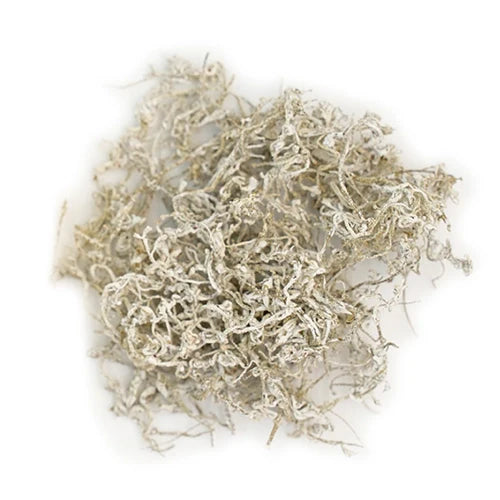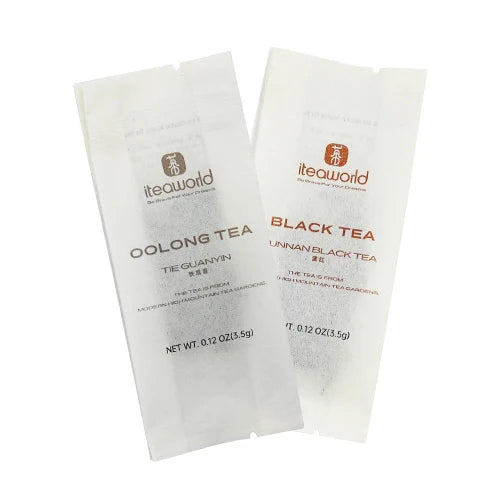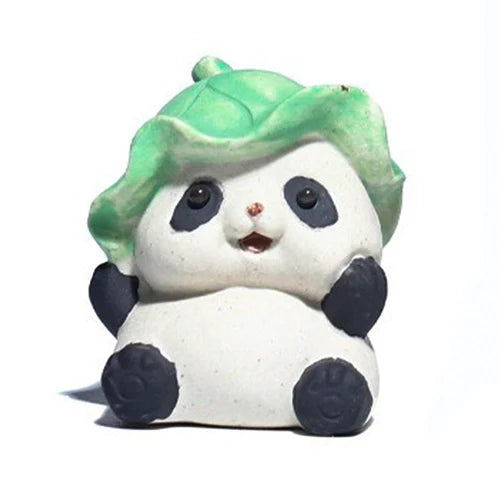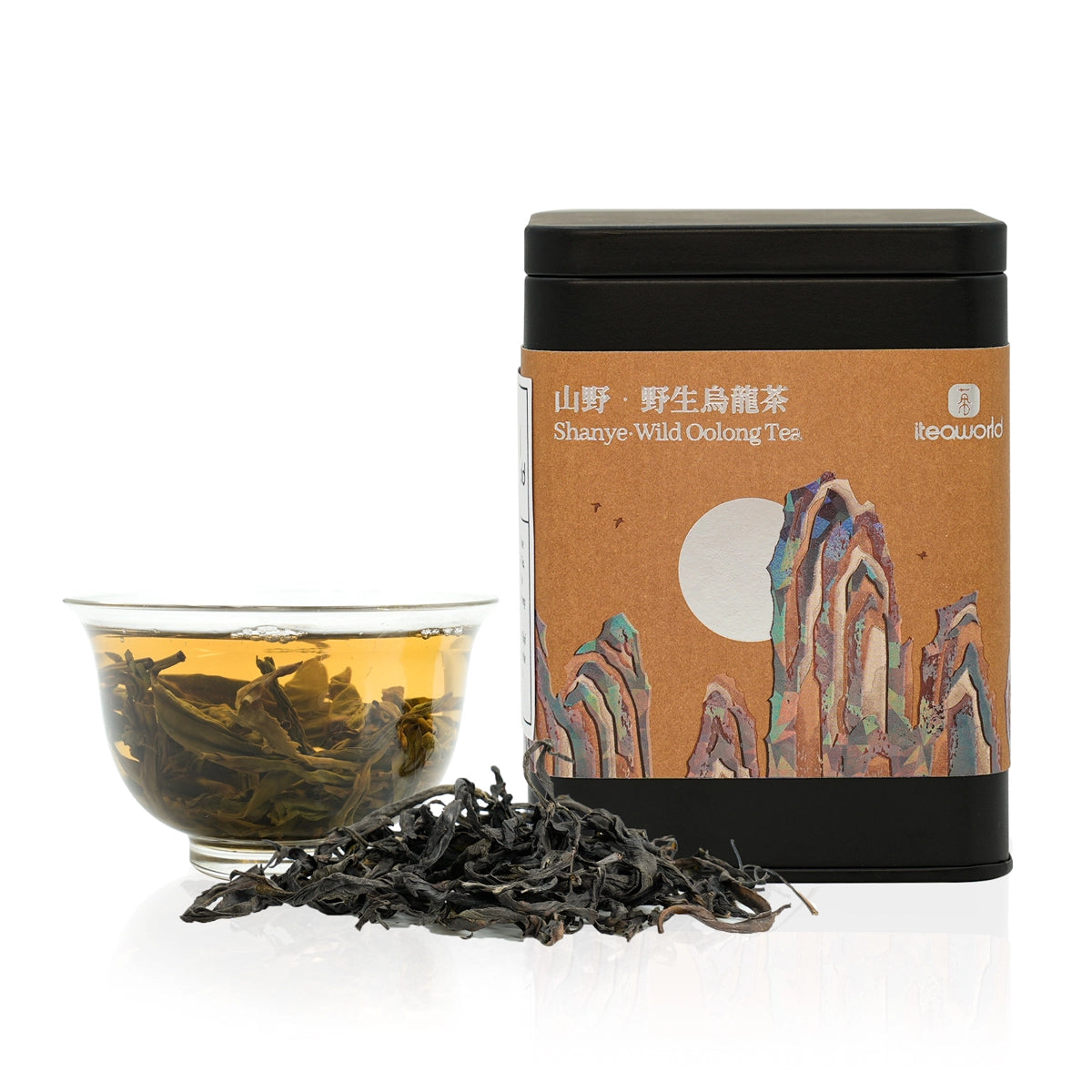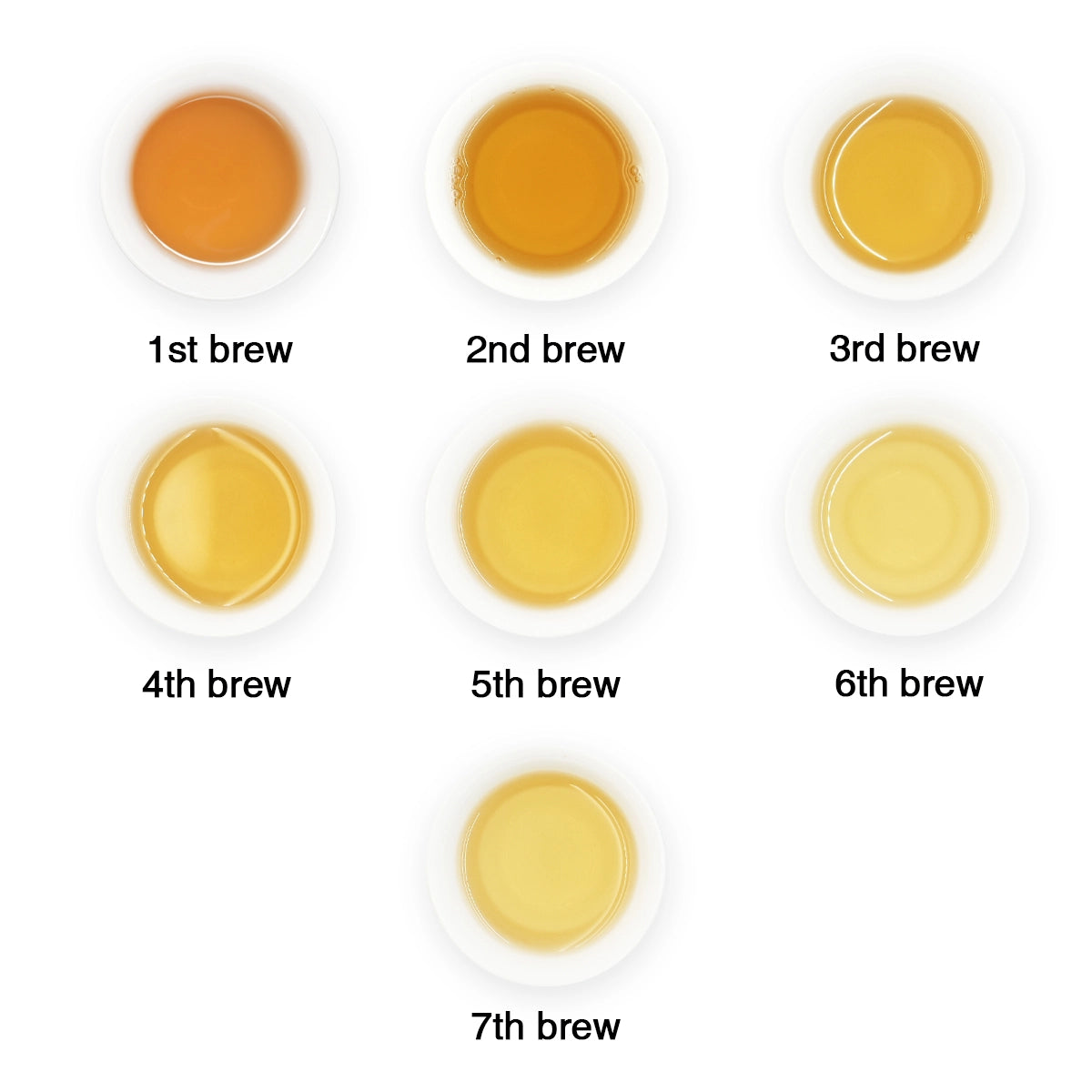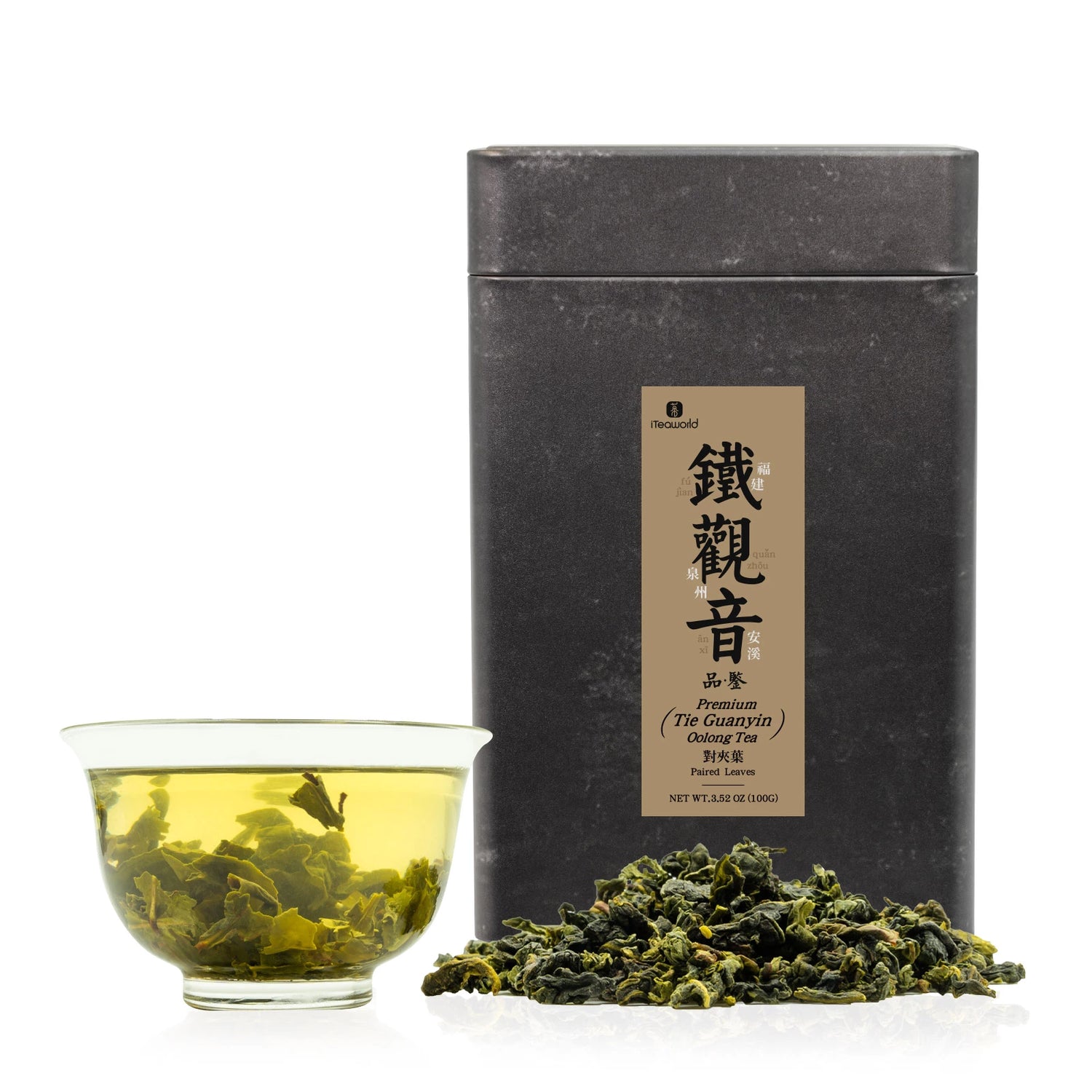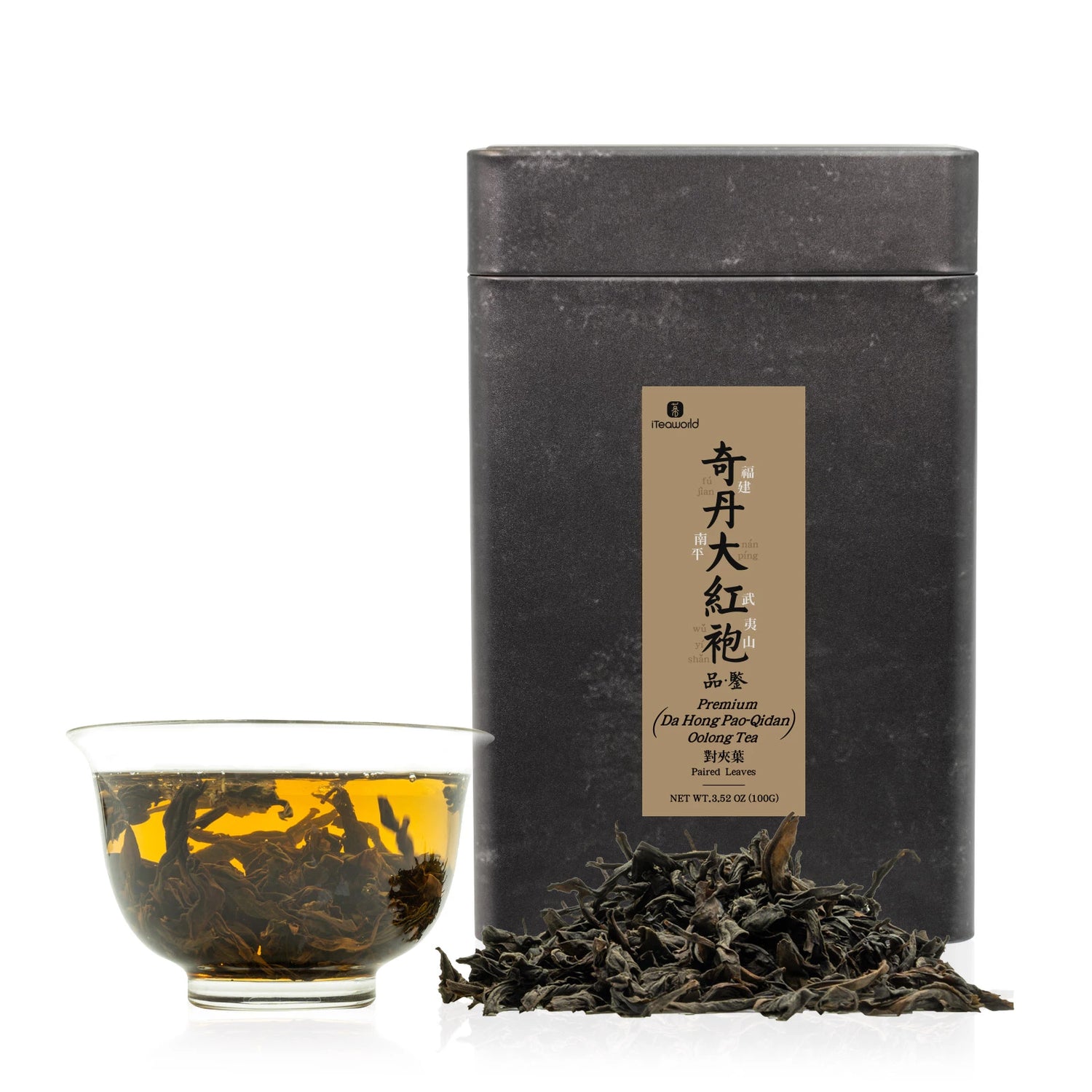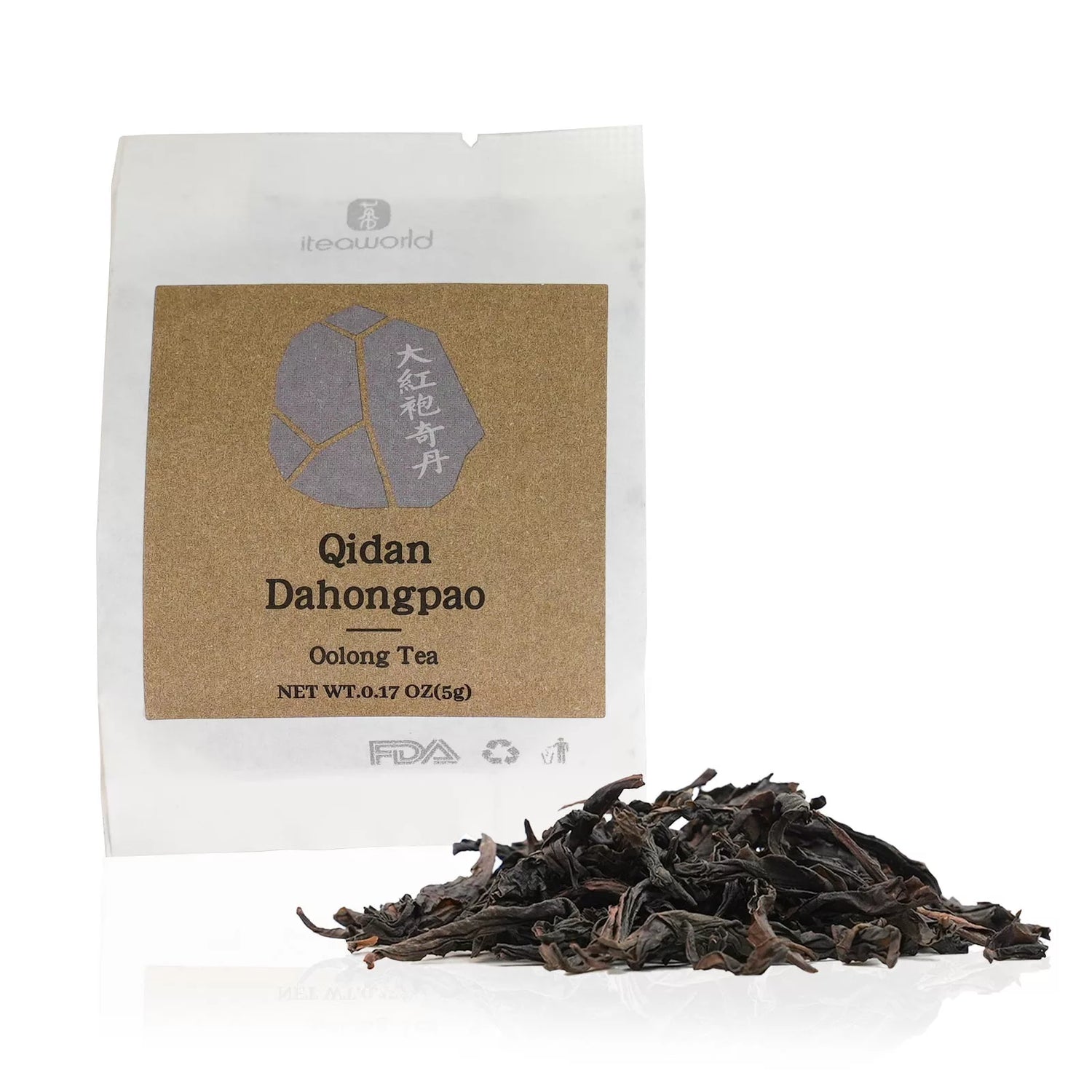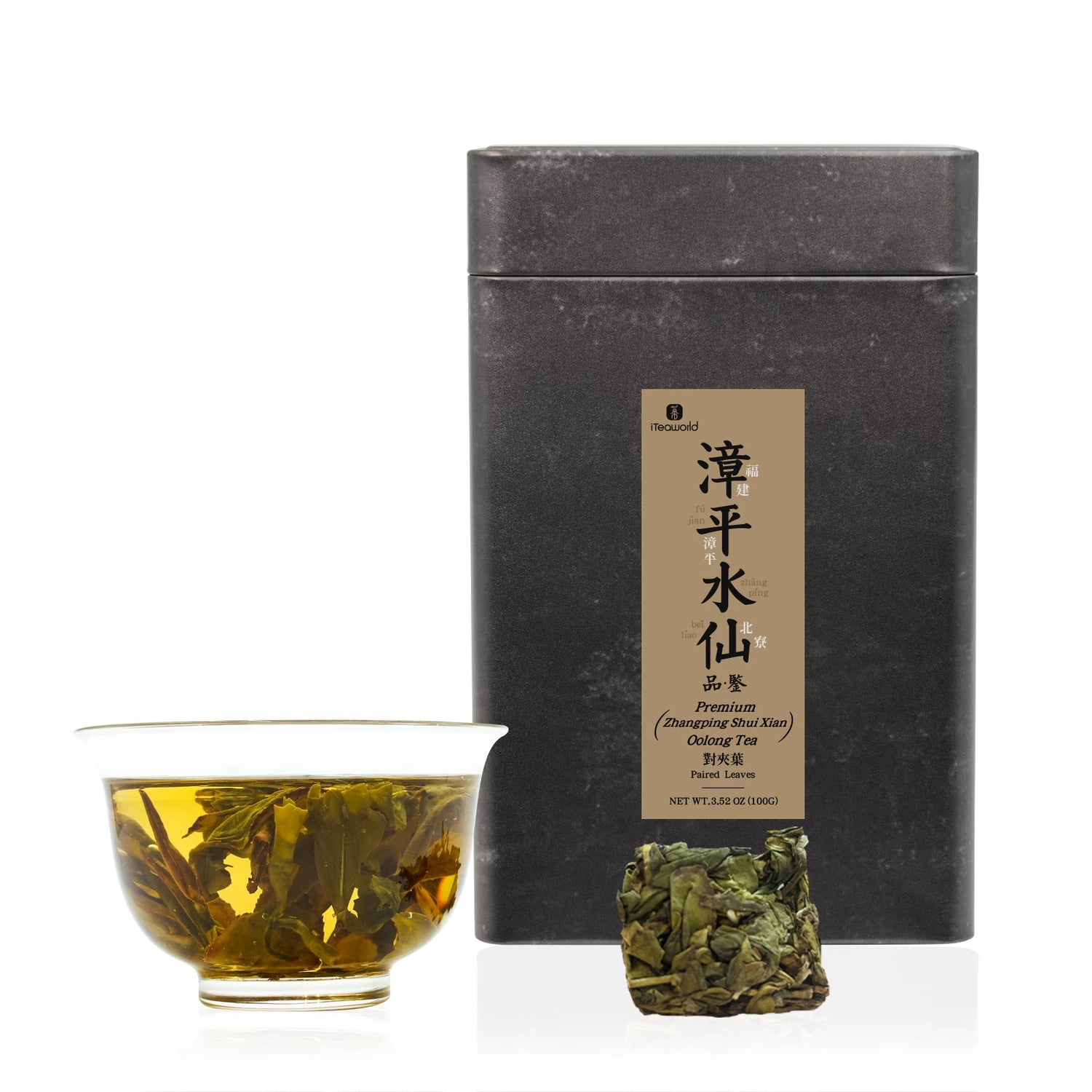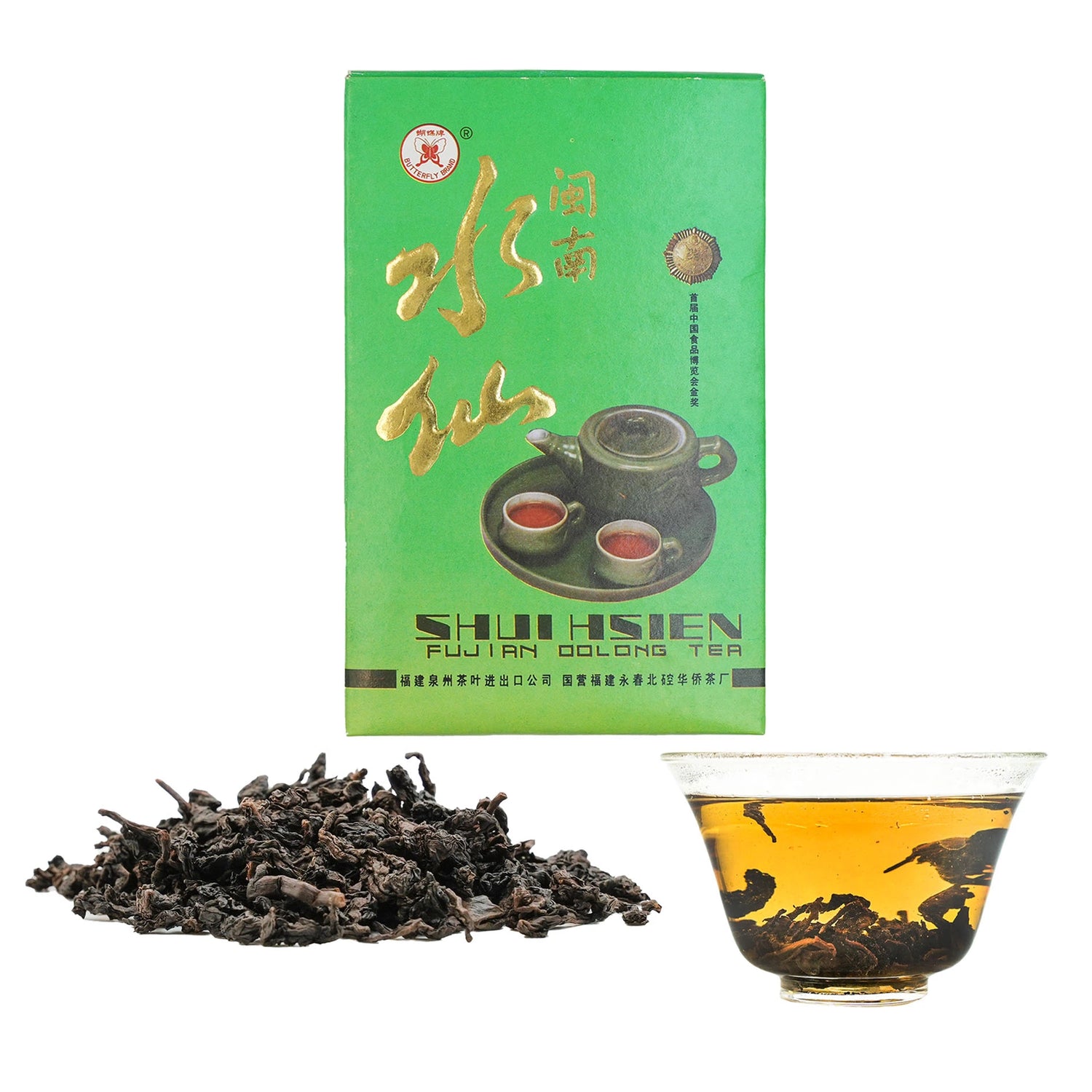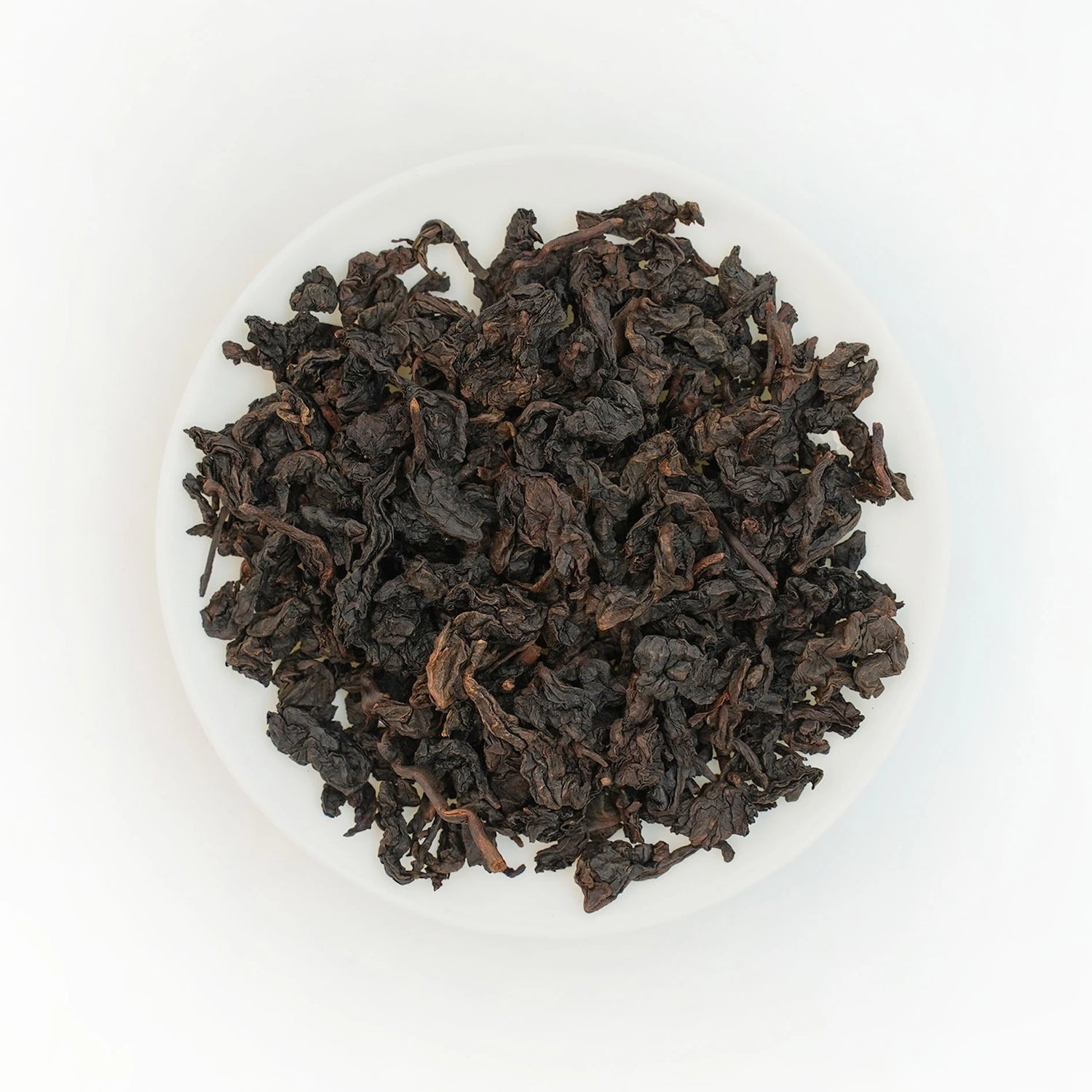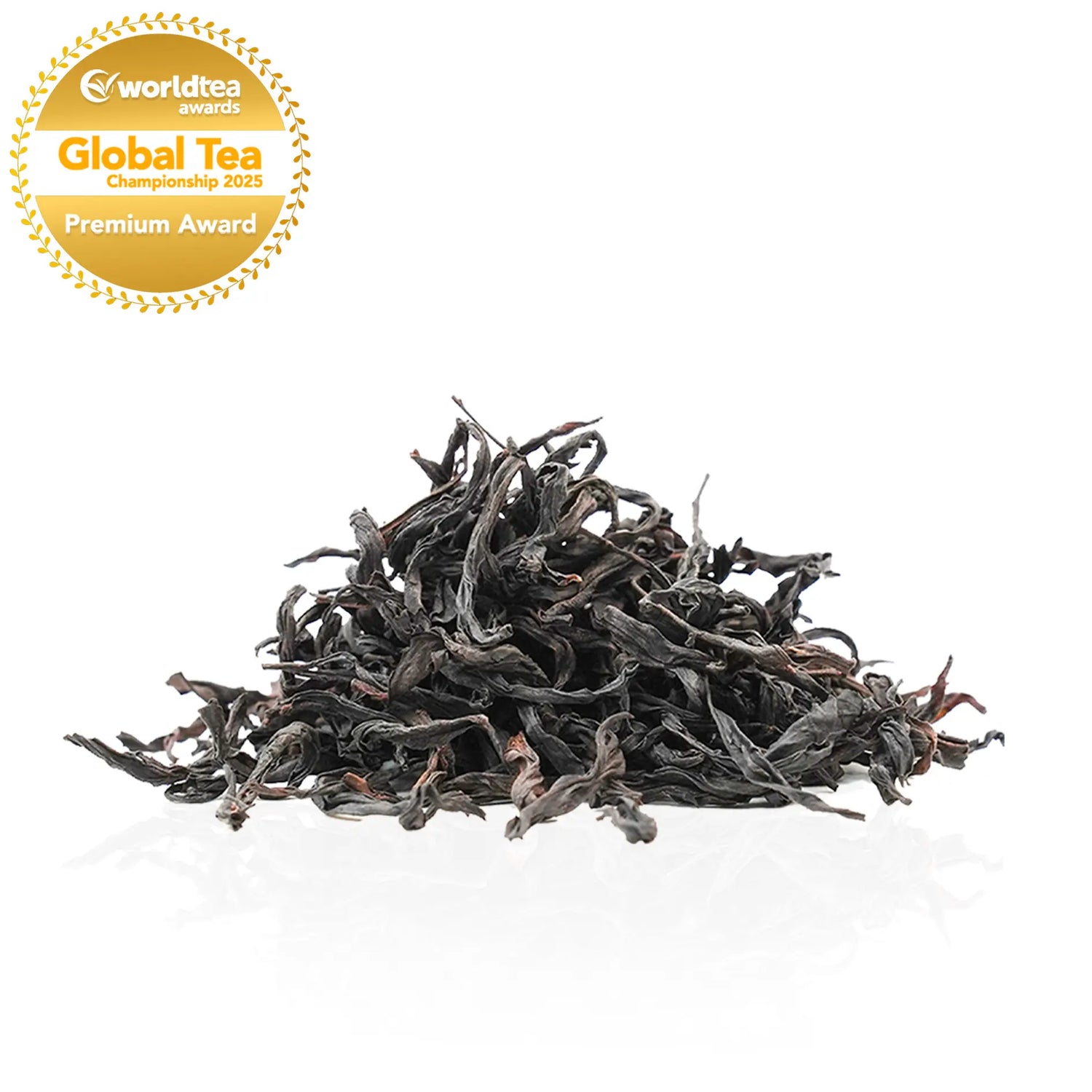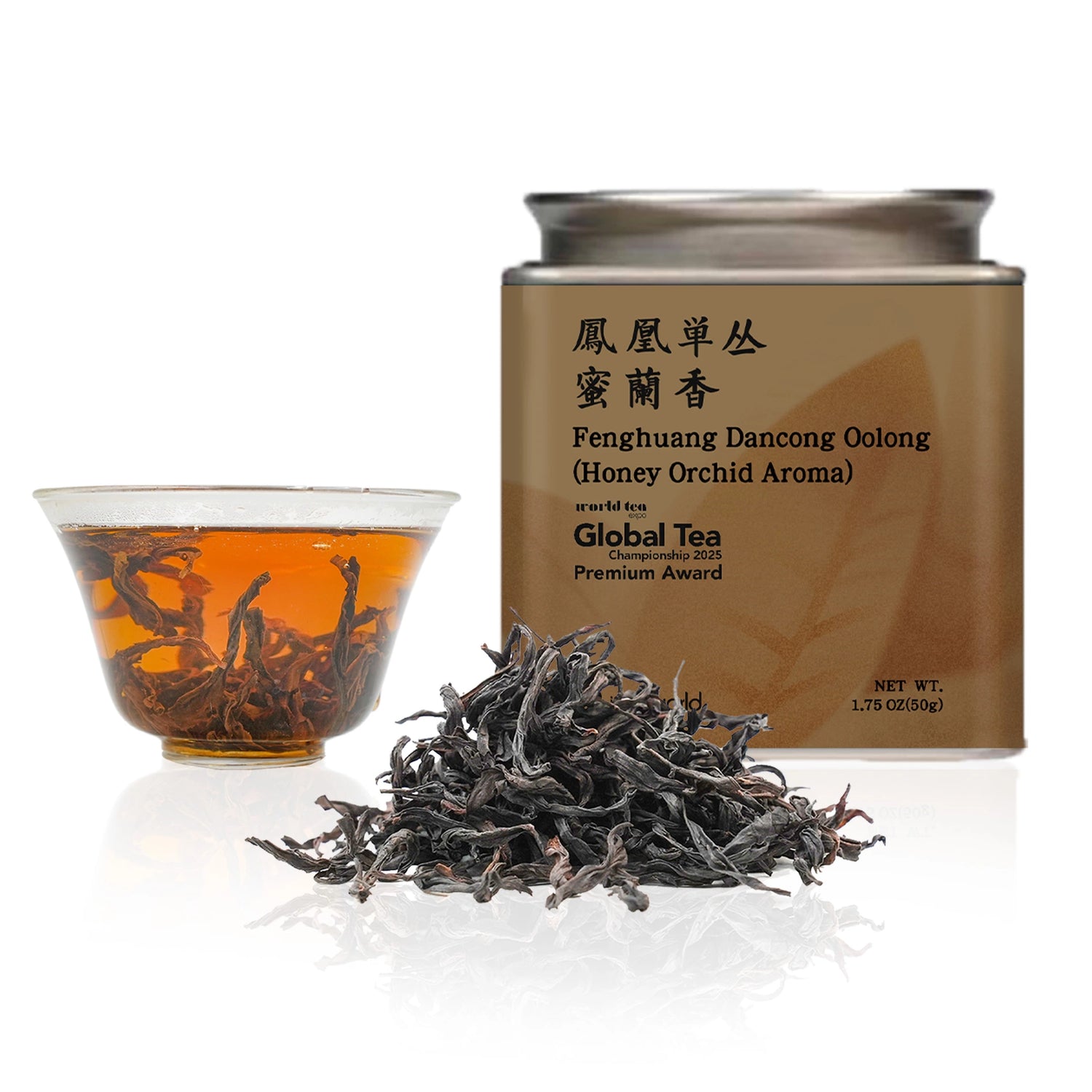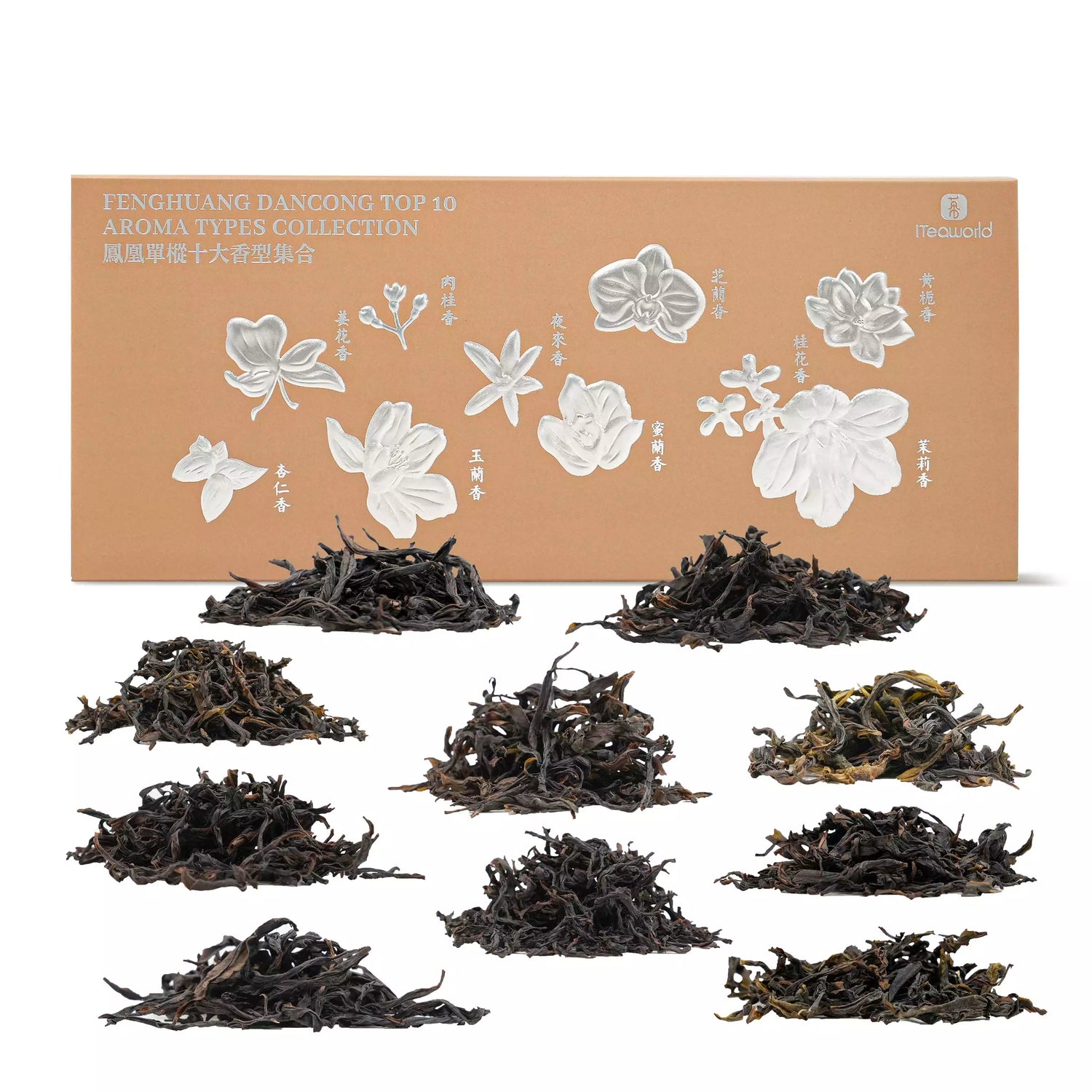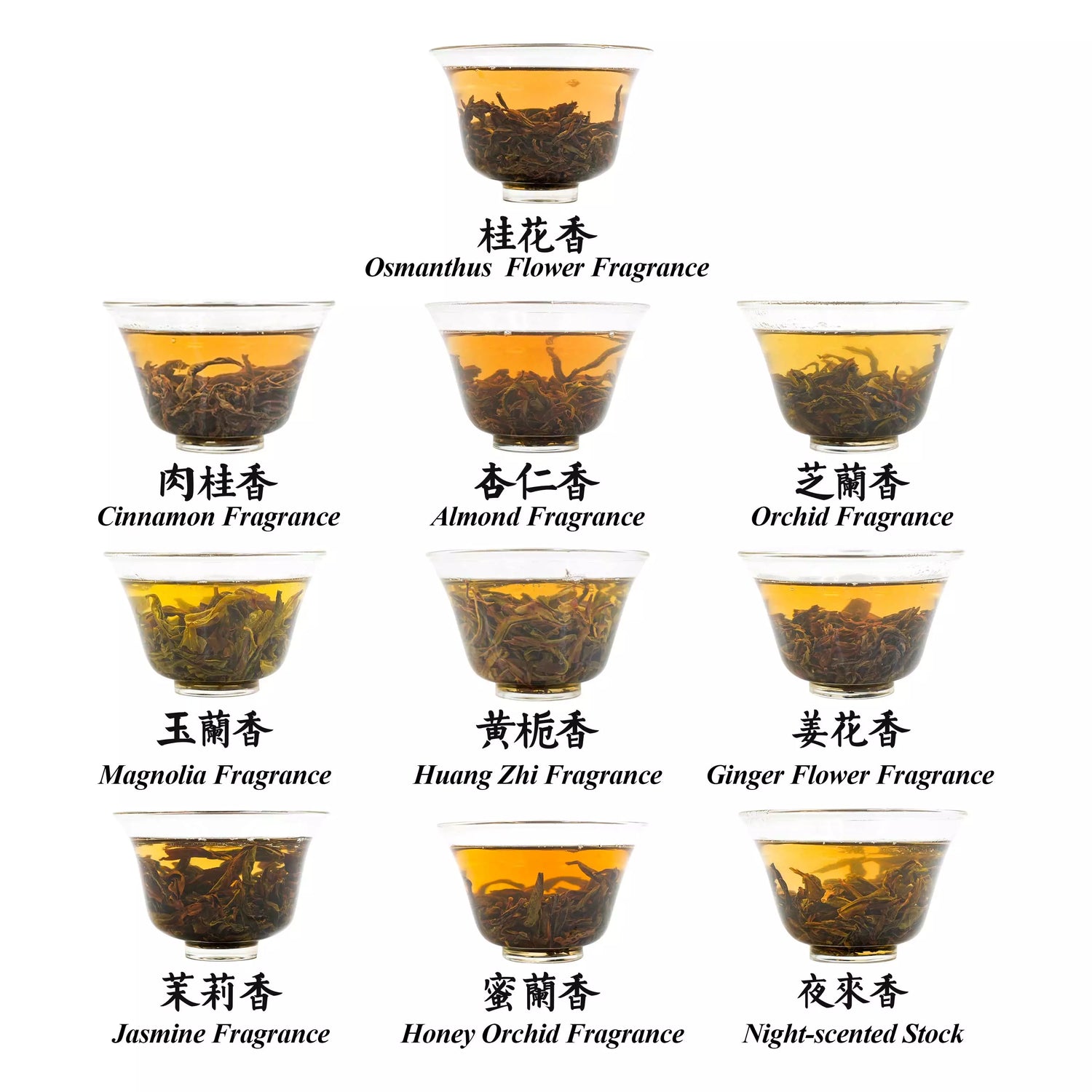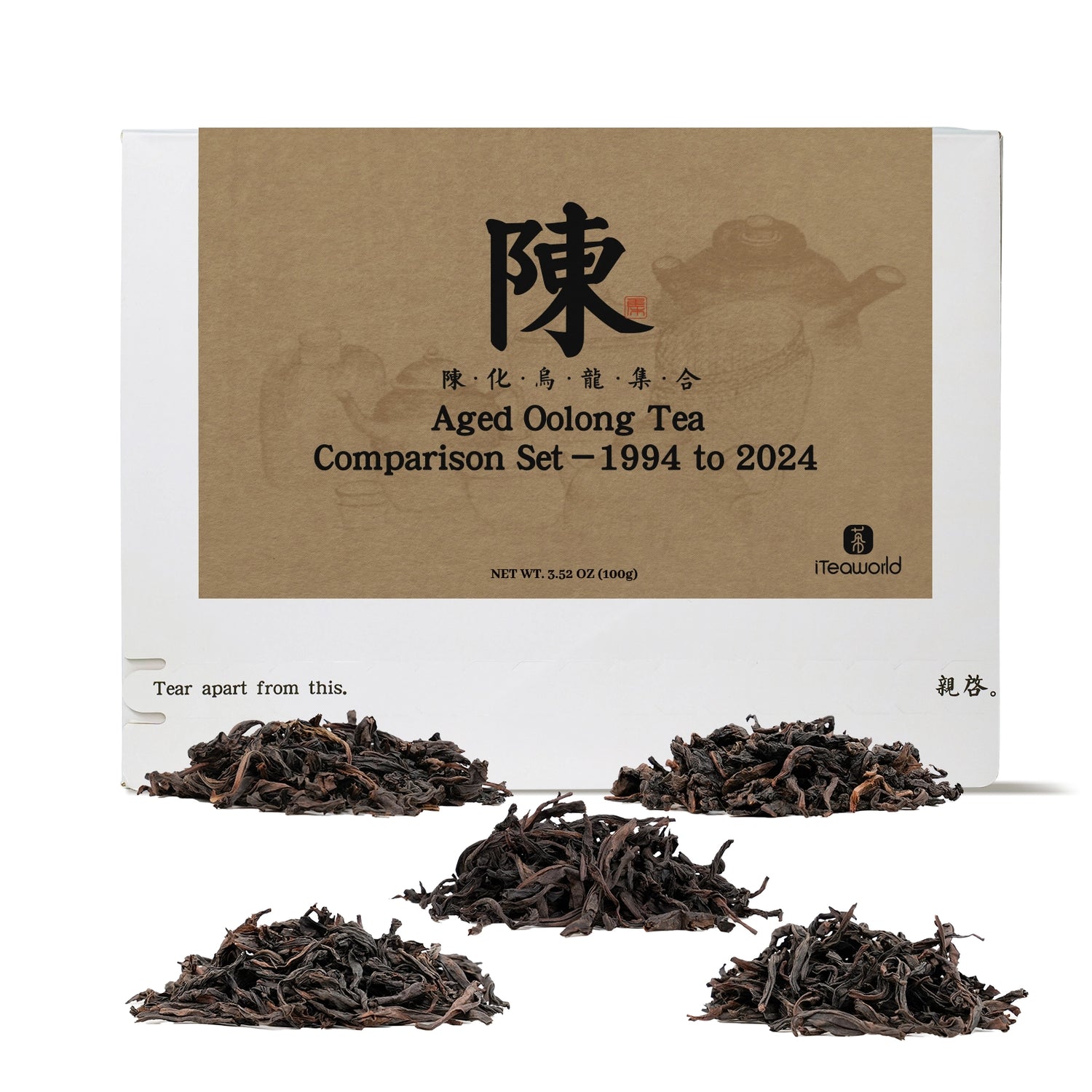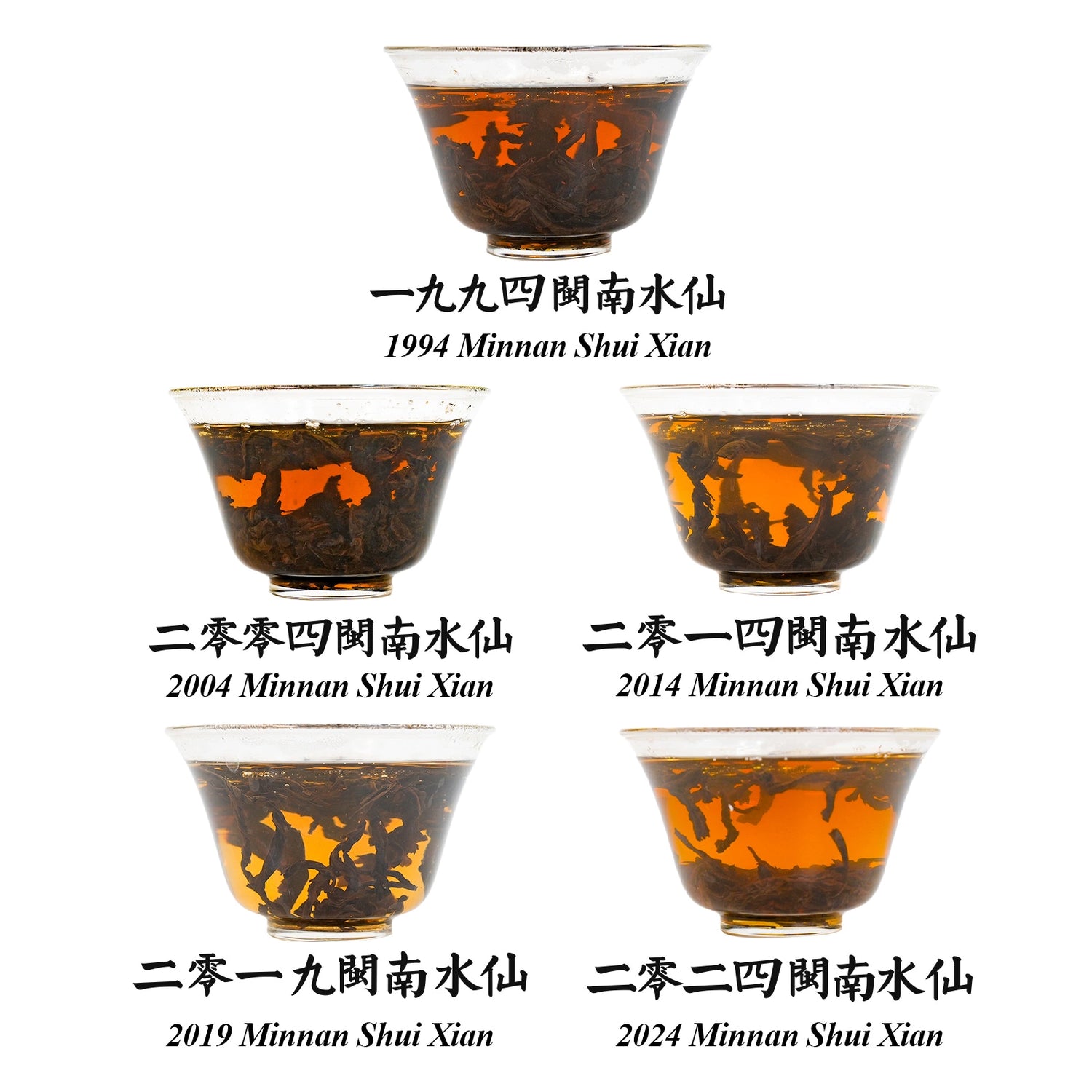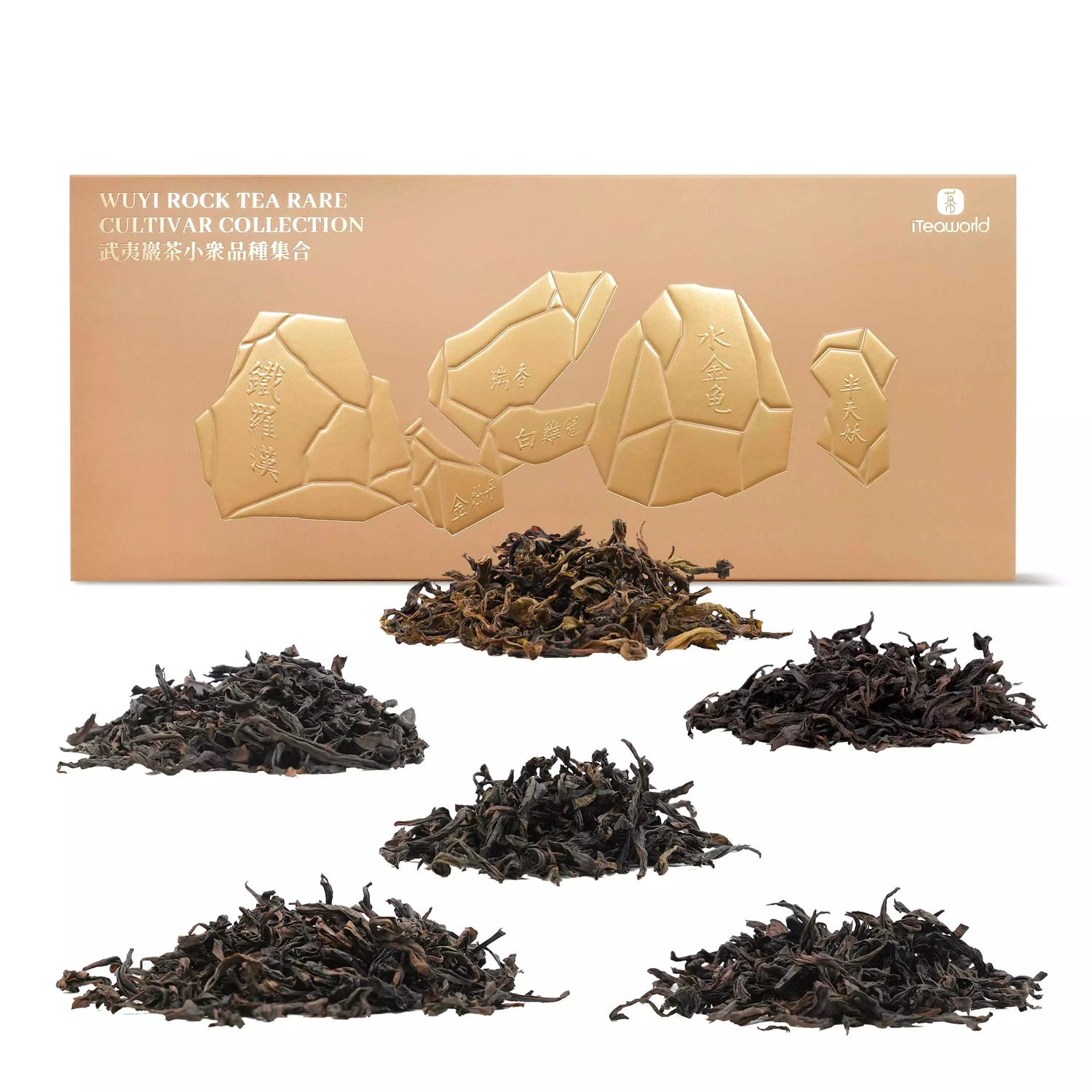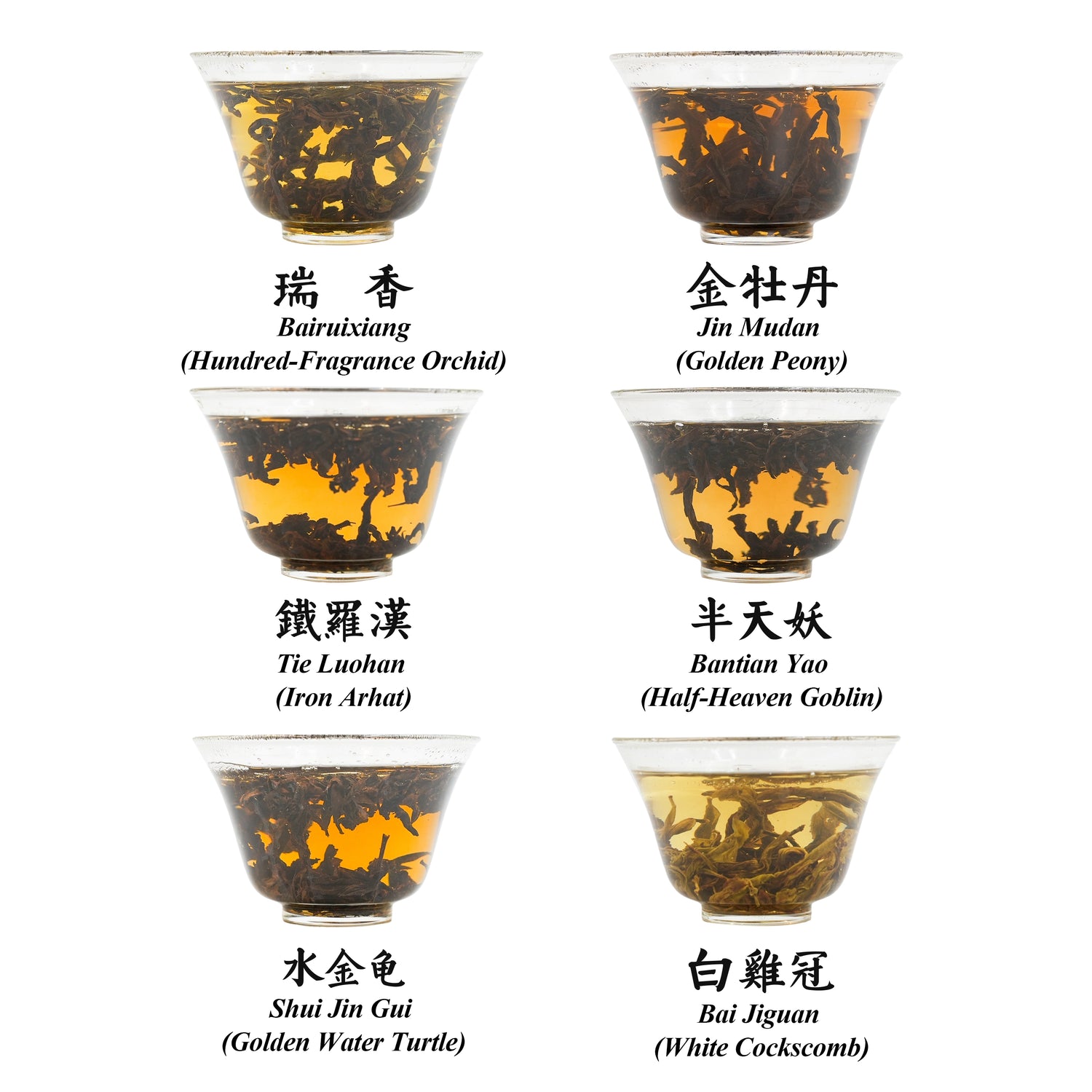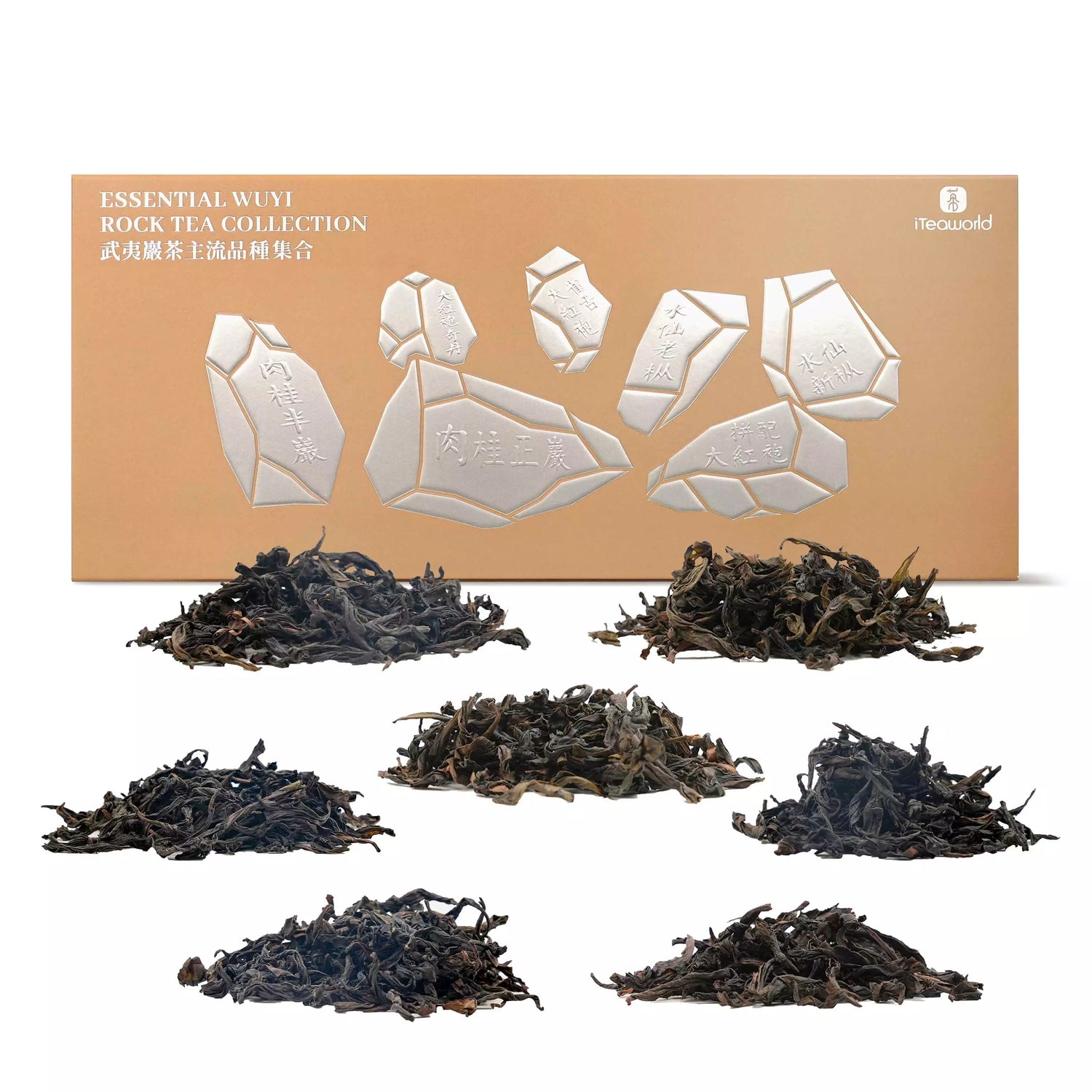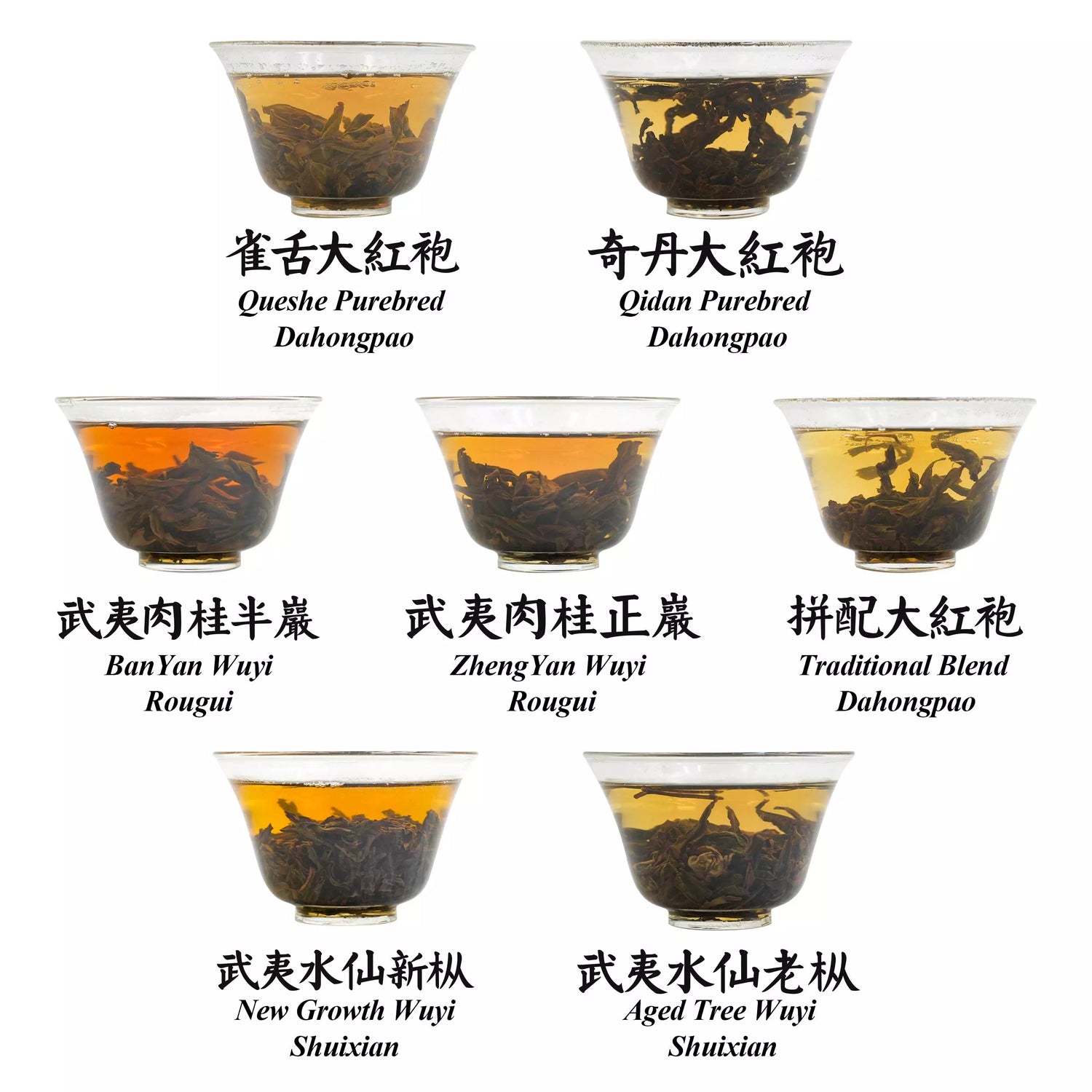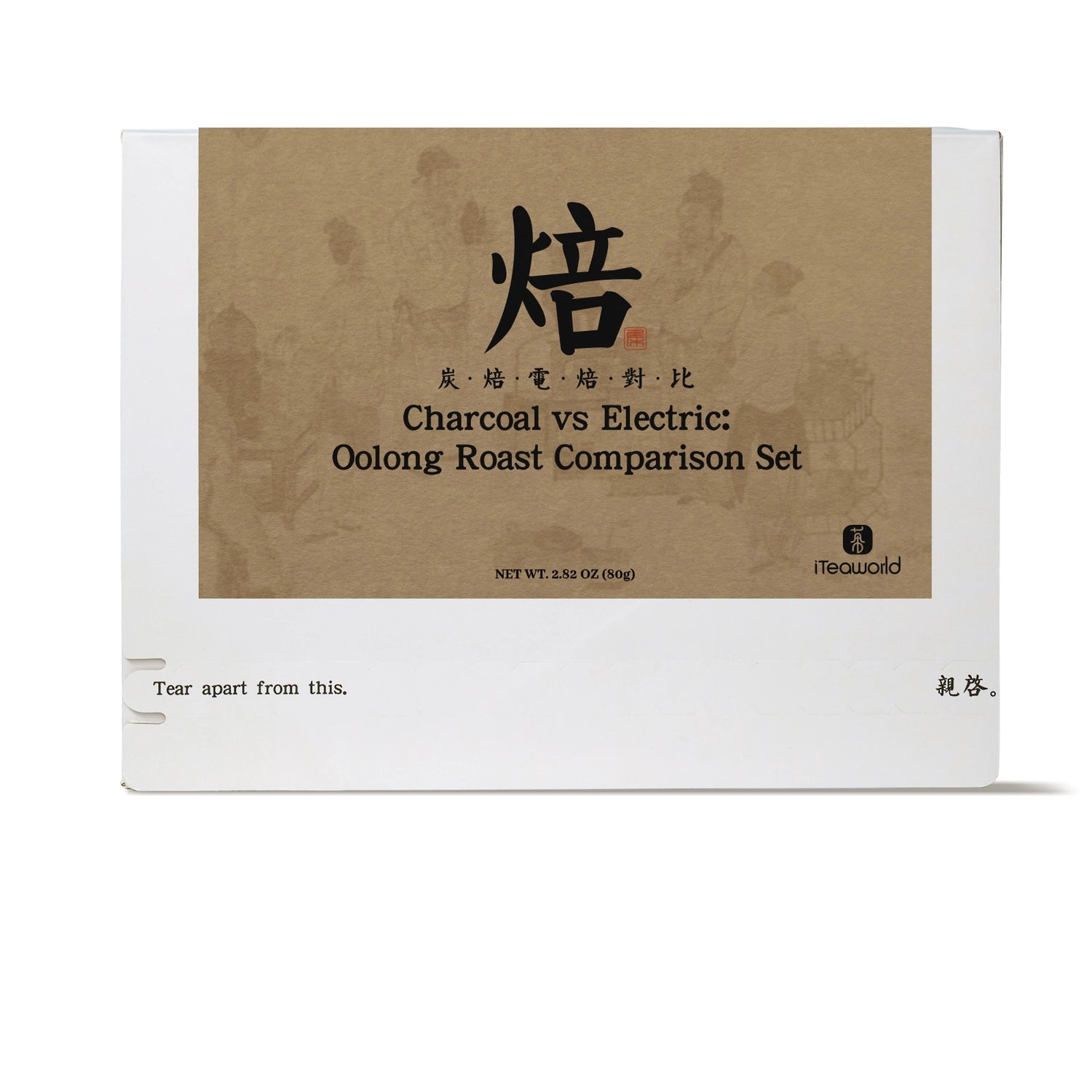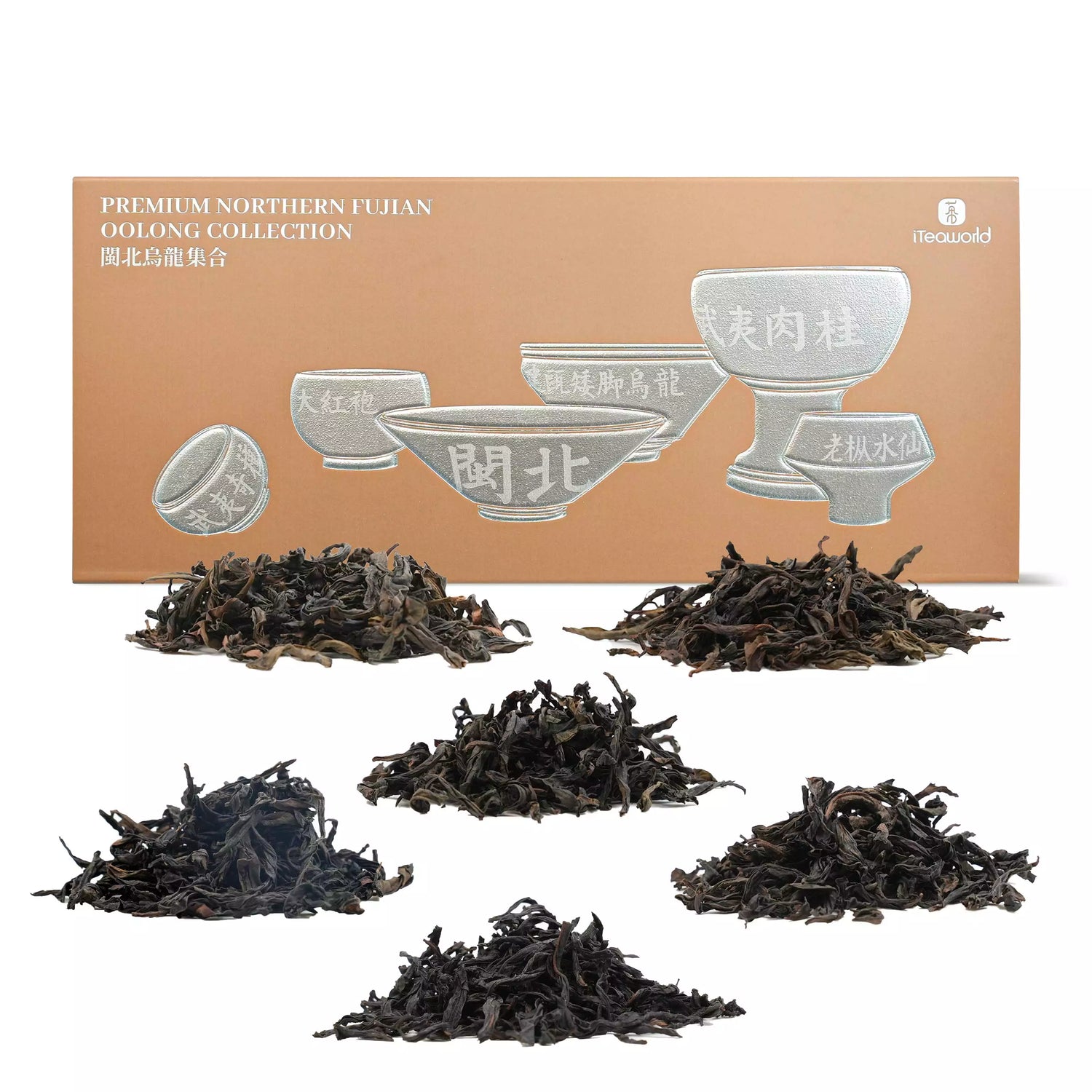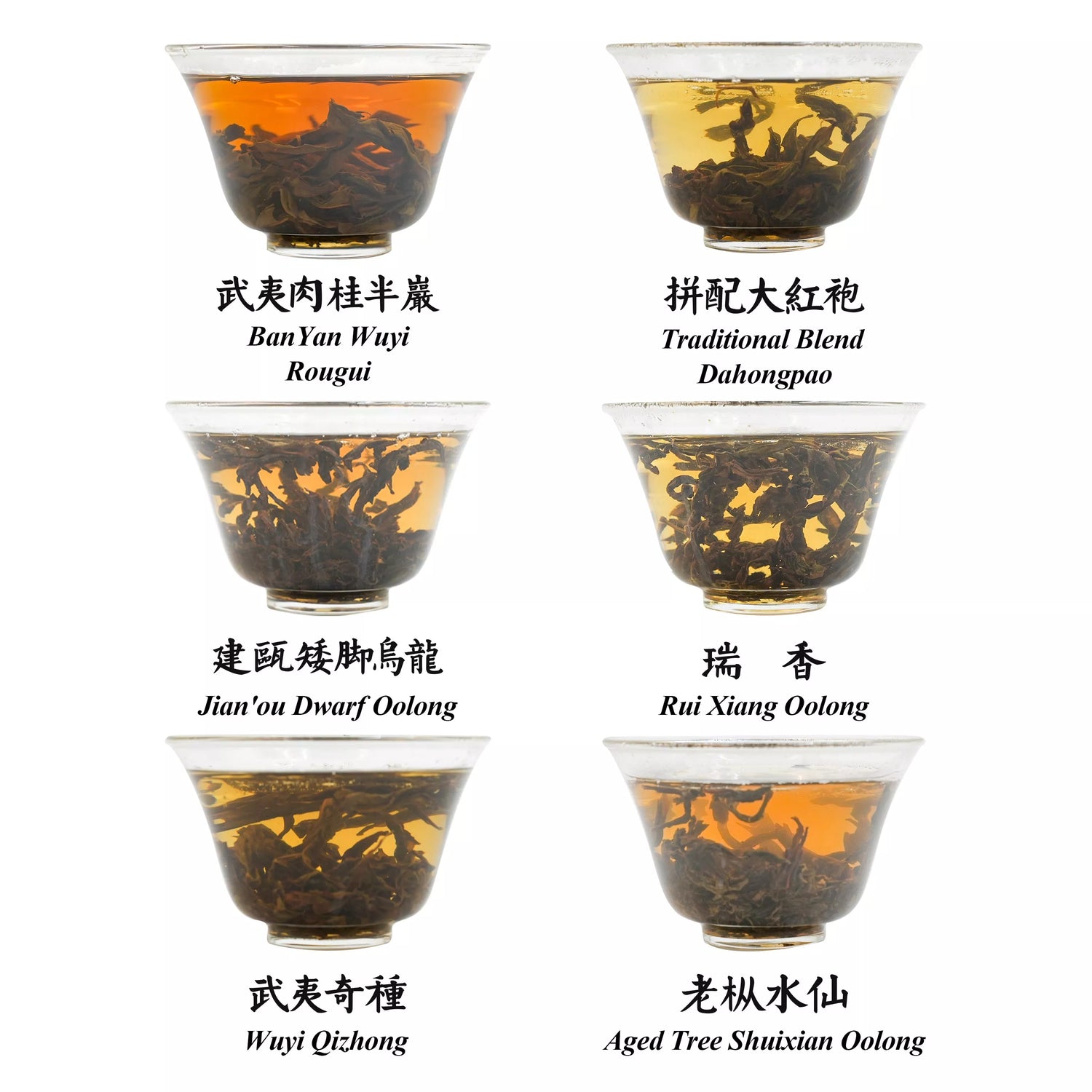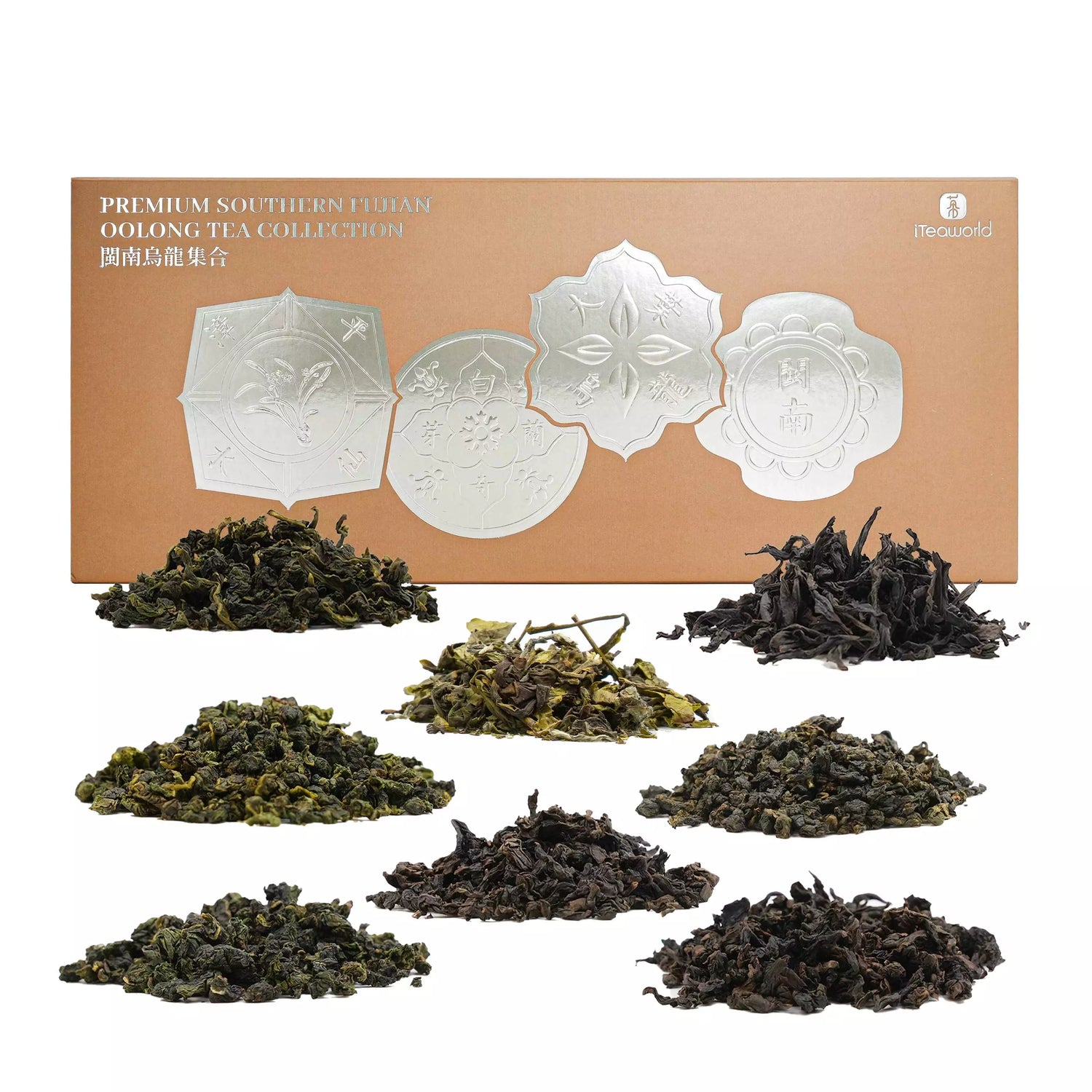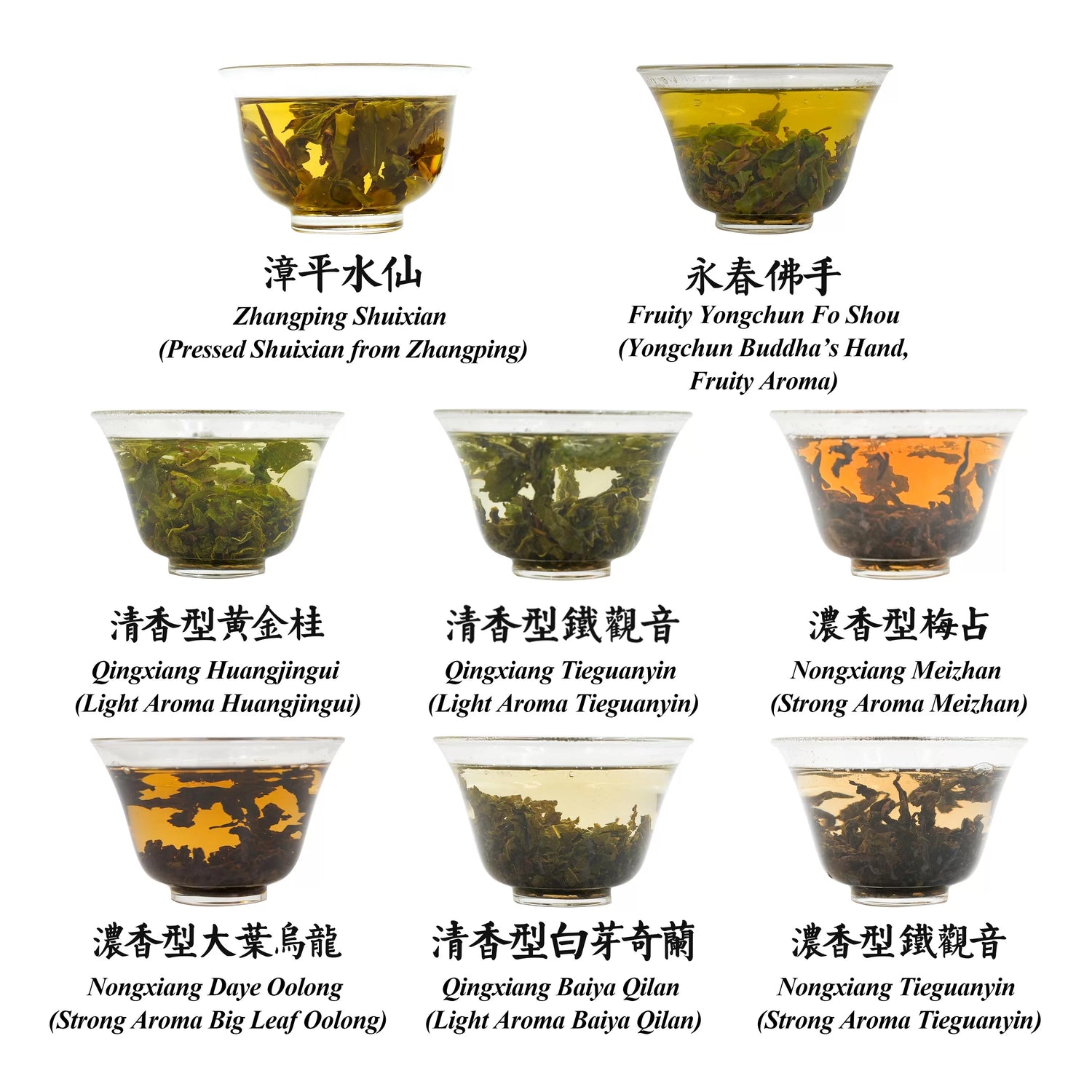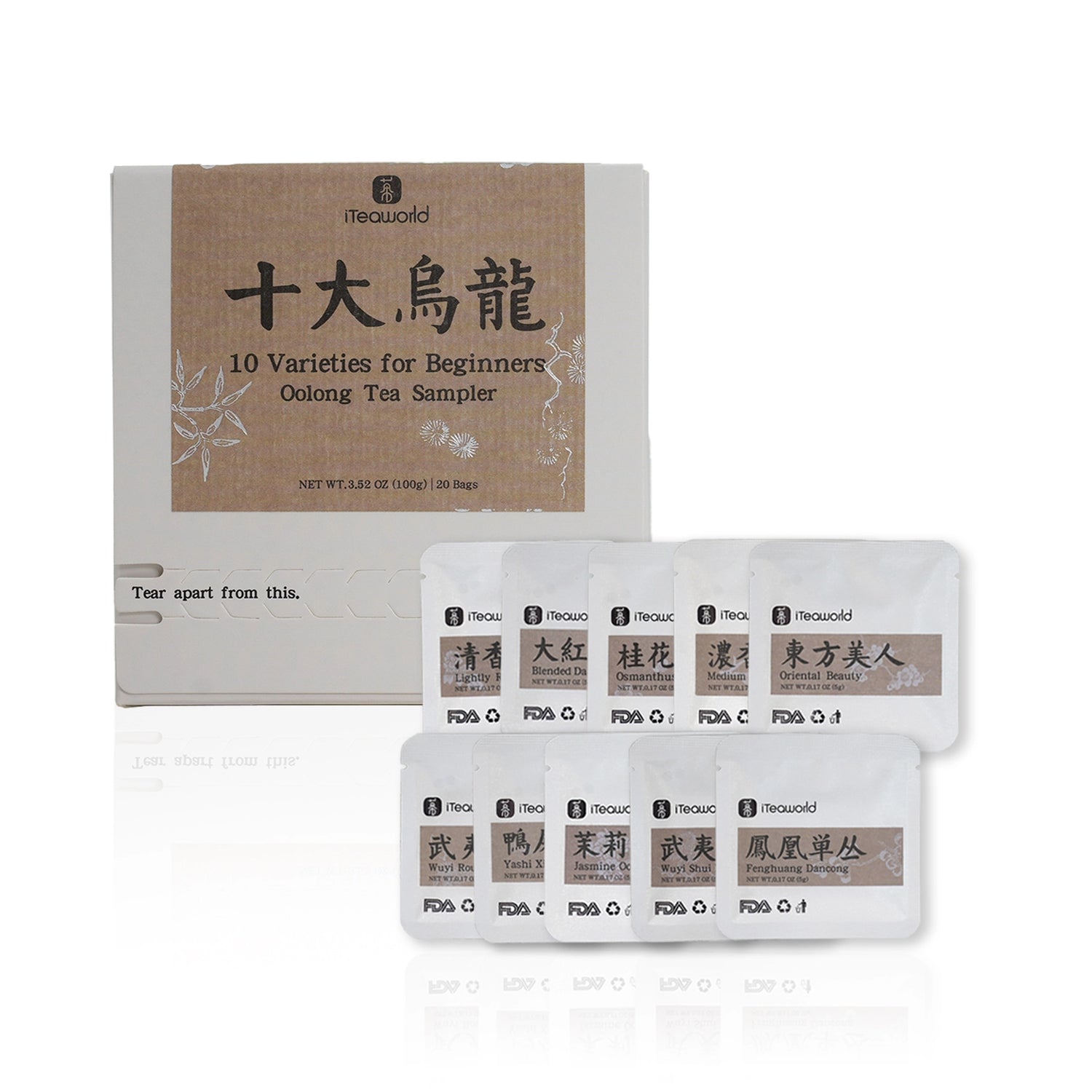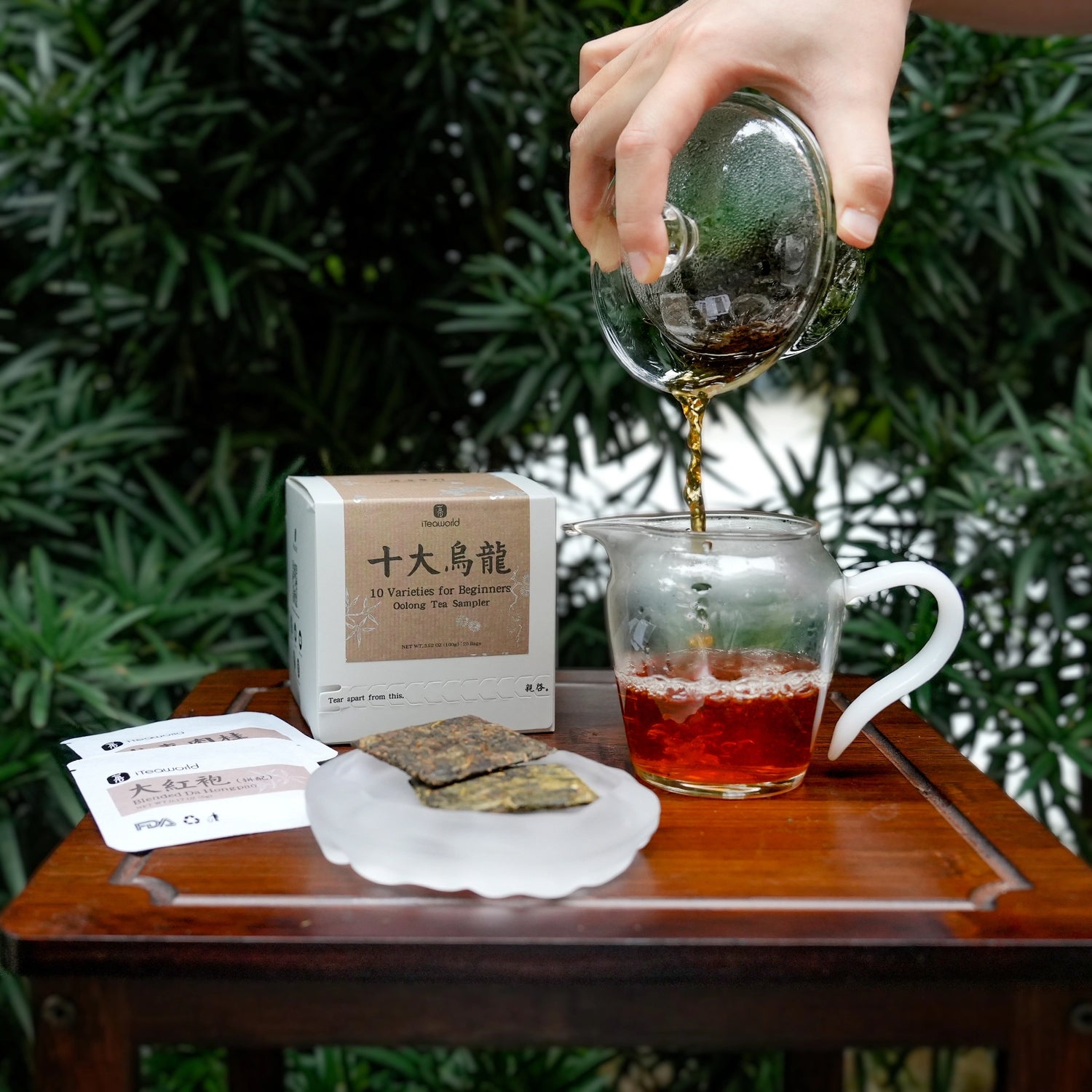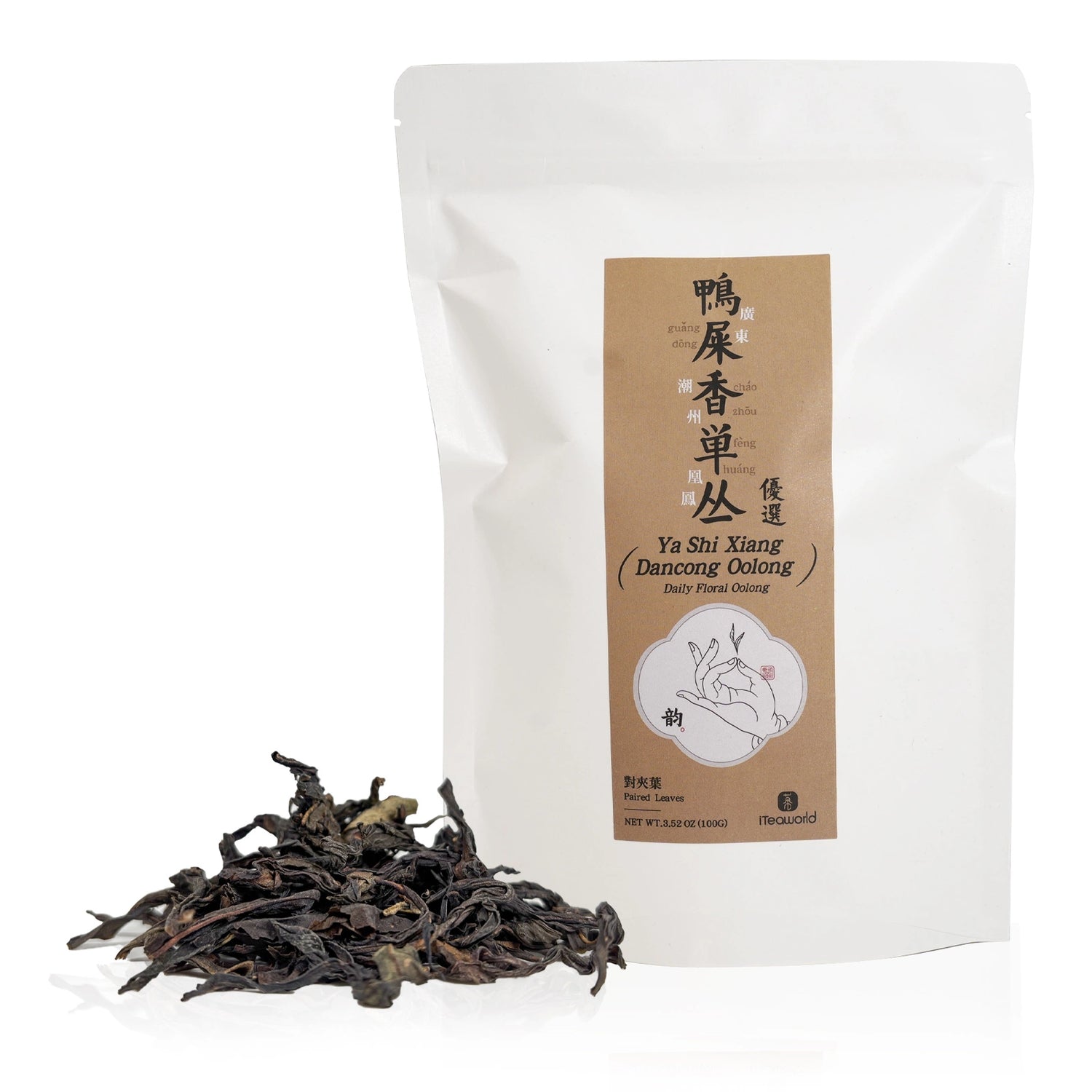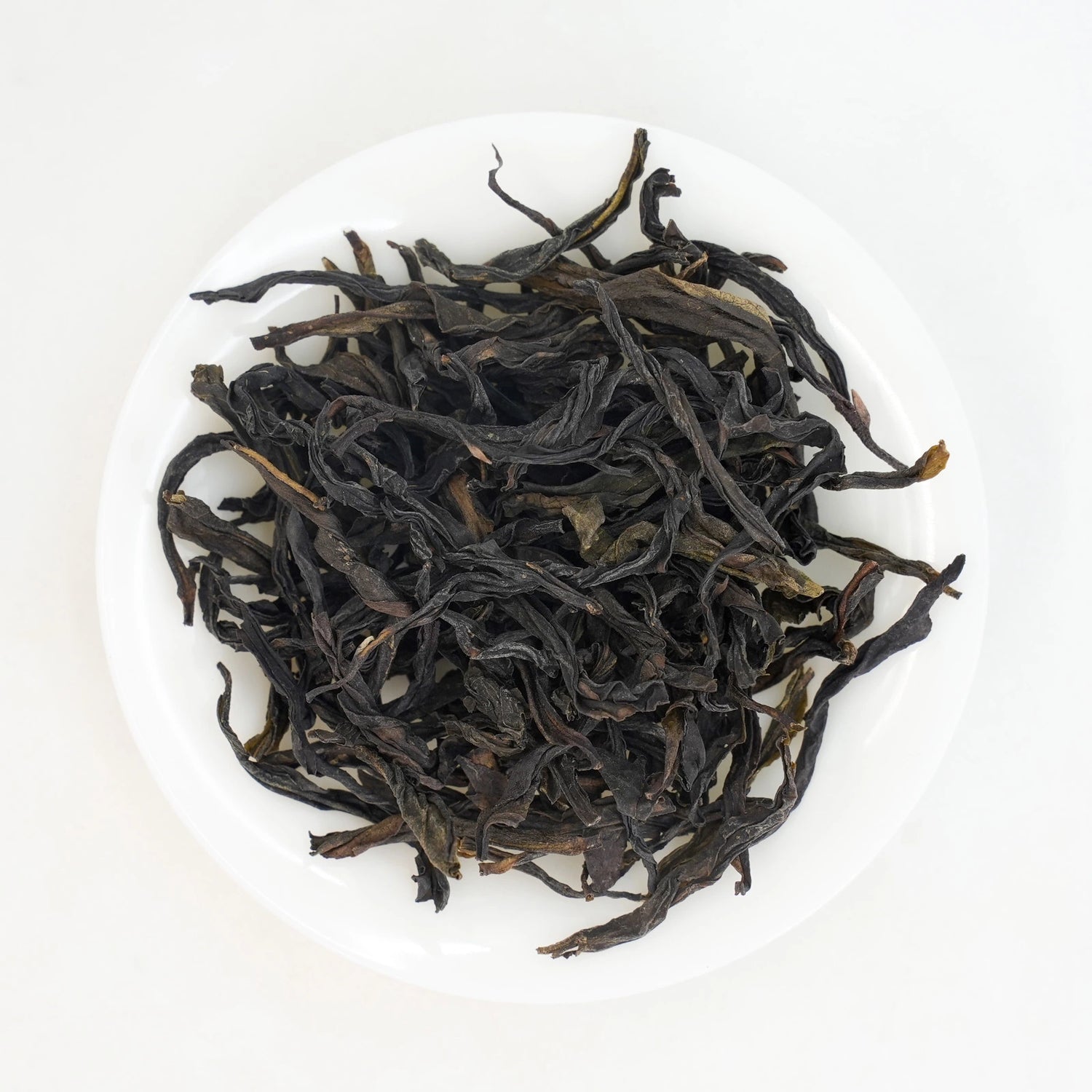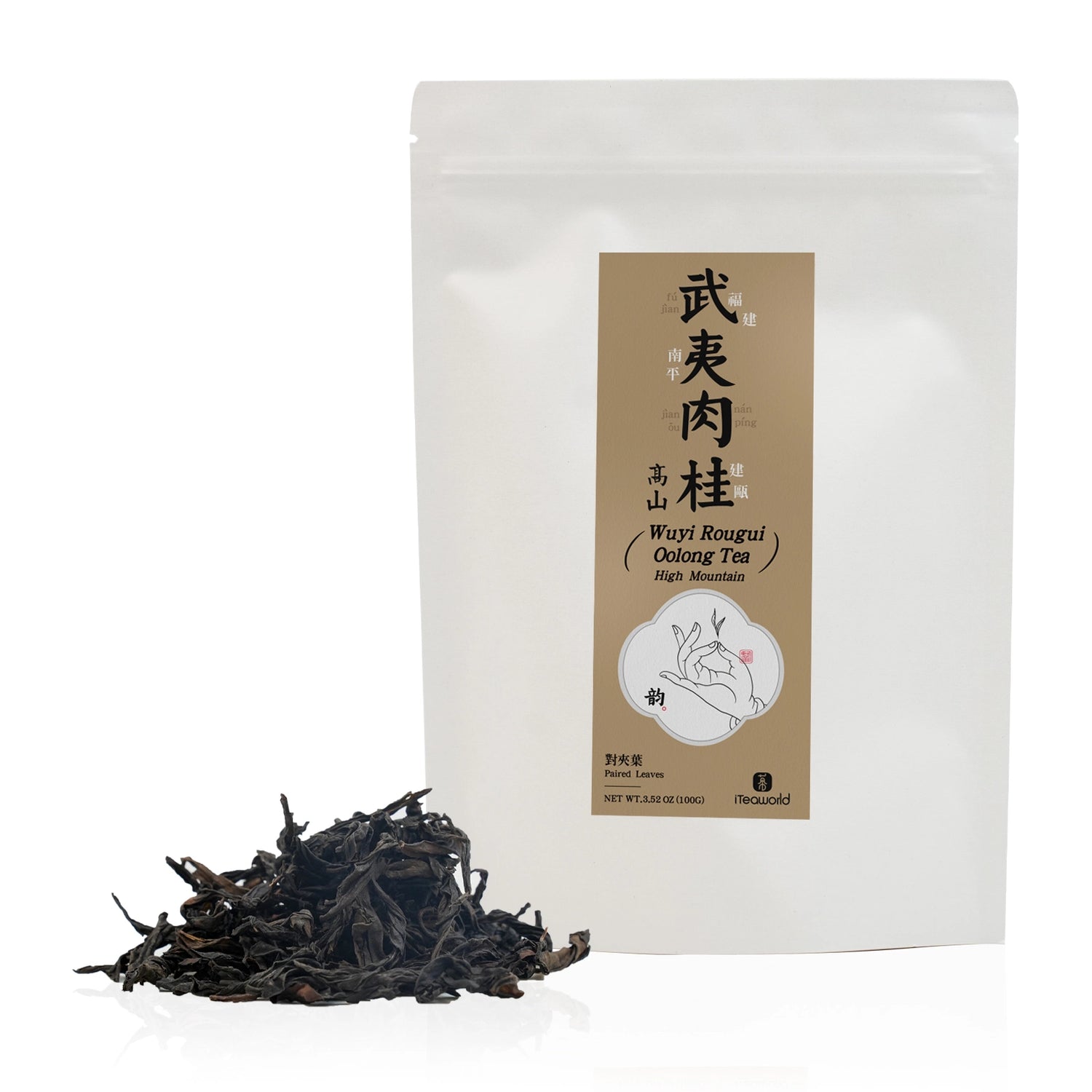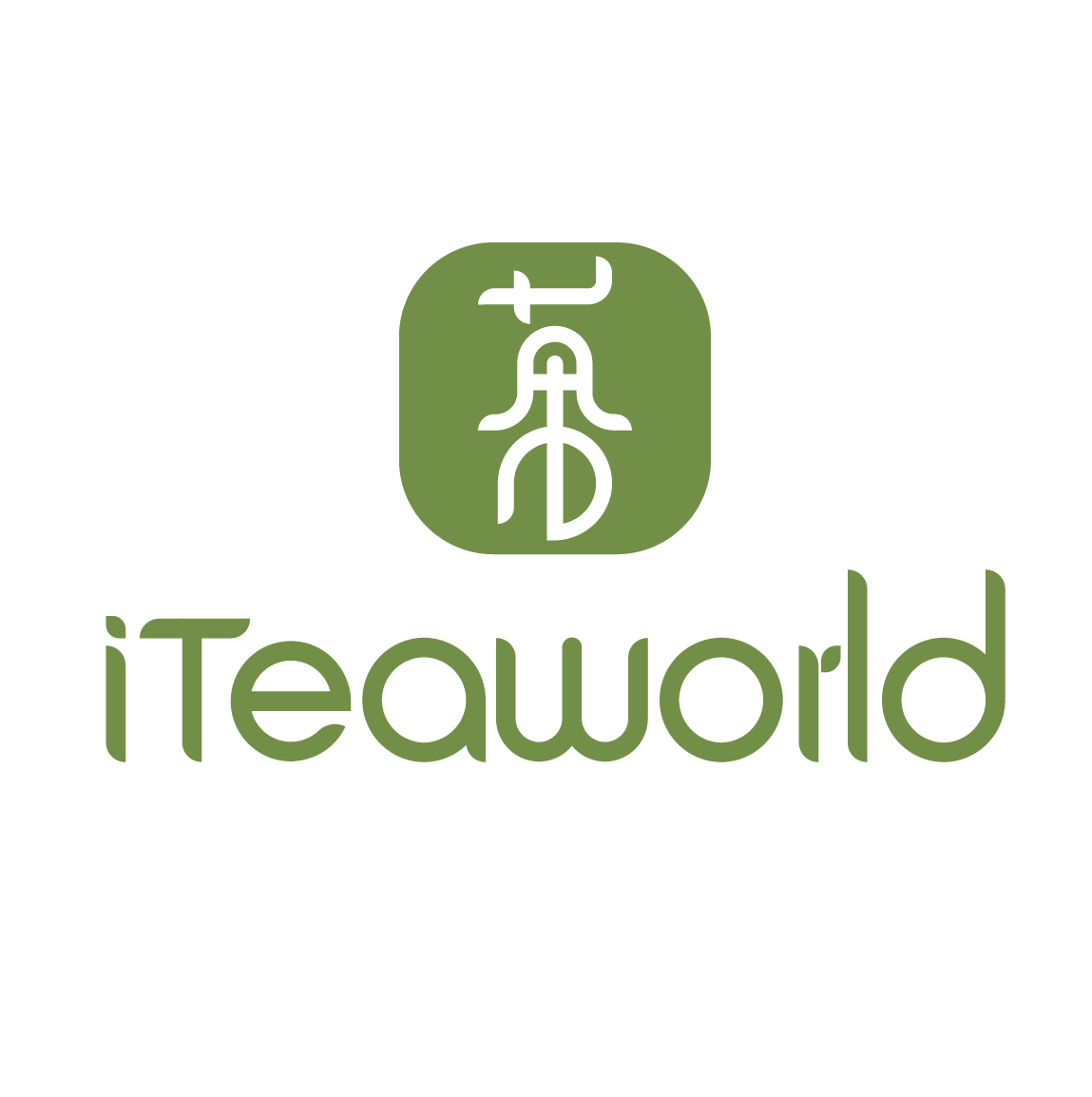Recommended Purchase :
This Tie Guan Yin Oolong tea, produced between 1990 and 1993, has been stored in a dry warehouse of an old tea factory for over thirty years and kept sealed. It is made from the Tie Guan Yin variety from the famous tea-growing region of Yongchun, Fujian, and was crafted by the state-owned Yongchun Kong Overseas Chinese Tea Factory, established in 1958. This tea is entirely handmade, traditionally roasted over a full fire, and comes in its original packaging. No longer available on the market, its unique "aged aroma," rich sweetness, and smooth texture make it a prized choice for connoisseurs of aged oolong tea.
Key Details about Tieguanyin :
-
Production Date:1990-1993
-
Grade: First grade
-
Tea Cultivar: Tieguanyin
-
Craftsmanship: This tea is traditionally roasted with a full fire and moderately oxidized. After over thirty years of natural aging in a dry storage environment, it is sealed in an outer paper box and packaged in an inner kraft paper bag.
-
Flavor Highlights: This tea offers a rich, aged aroma with hints of woody notes. The texture is thick and smooth, with a deep, mellow flavor and a long-lasting sweet aftertaste. Its complex profile unfolds in layers, making it a truly refined experience.
What is Tieguanyin Oolong Tea? :
Tieguanyin is one of China's top ten famous teas, a semi-fermented oolong tea primarily produced in Anxi, Fujian. Its unique production process includes sun-withering, shaking, and heating, which gives the leaves a distinctive "green leaf with red edges" appearance. The tea features tightly rolled, sandy-green leaves and a golden, clear brew. It has a rich, lasting aroma with natural orchid or fruity notes, a smooth, refreshing taste, and a sweet aftertaste. Highly resistant to multiple infusions, Tieguanyin is packed with nutrients like polyphenols and amino acids, offering benefits such as boosting alertness, reducing fatigue, cooling the body, and aiding weight loss. A treasured tea and a symbol of Southern Fujian's tea culture, it is widely loved by tea enthusiasts.
Brewing and Enjoyment Tips :
This tea showcases the unique transformation brought by time. The first infusion can be used as a "tea awakening" step to activate the tea's inner qualities, resulting in a richer, smoother texture and a more pronounced sweet aftertaste. For the best experience, we recommend using longer steeping times or boiling methods to fully unlock its aged characteristics.
Recommended Brewing Methods :
-
Gaiwan Brewing
-
Capacity:100ml Gaiwan
-
Water Temperature:95℃-100℃
-
Brewing Times:5-7 times
-
Tea Water Ratio:1:15 to 1:25
-
Brewing Time Once:10~20 seconds
-
Thermos Brewing
-
1g tea per 100ml (3.4oz) water.
-
Use boiling water (212°F).
-
Steeping Time: 1-2 hours.
-
Tool: Insulated thermos.
-
Boiling Method
-
Add 1g tea per 100ml (3.4fl oz) water.
-
Boil for 1-2 minutes, then let sit for 2-3 minutes.
-
Rebrew by boiling for 3 minutes longer with each steeping.
-
Use a ceramic or glass teapot for optimal flavor.
-
Enjoy up to 3-4 brews.
Storage Guidelines:
To ensure the best quality of tea, the ideal way to store it is in vacuum-sealed packaging, kept in a cool, dark, and dry place. Avoid exposure to strong odors and air. For sealed storage, using a tin can or a double-lidded metal can is recommended. For even better results, you can store the sealed tea in the refrigerator or a dry storage container.
Weight & Packaging
-
Weight:3.5oz (100g)
-
Packing Type : Sealed paper box with cowhide bag packaging inside
About Yongchun Beikeng Overseas Chinese Tea Factory:
Established in 1958, the state-owned Fujian Yongchun Beikeng Overseas Chinese Tea Factory carries a rich history and cultural heritage of tea production. At its peak, the factory was a bustling hub of innovation and craftsmanship, employing over 1,000 tea workers and producing millions of pounds of tea annually. Its teas, including Tieguanyin, were exported to Hong Kong, Taiwan, Japan, and Southeast Asia, earning widespread acclaim and becoming a shining symbol of Fujian's tea culture.
However, by the 1990s, the factory fell into decline, and its once-vibrant grounds grew quiet. Unable to bear seeing his life's work fade away, the veteran factory director, Huang Shenghou, took over after its privatization, dedicating himself to reviving the factory and preserving its tea-making legacy.
Today, the factory's aged Tieguanyin not only embodies decades of tea-making expertise but also continues to showcase the timeless charm of Yongchun's Tieguanyin. The story of the Fujian Yongchun Beikeng Overseas Chinese Tea Factory reflects the dedication and innovation of generations of tea artisans, and its aged Tieguanyin carries forward this remarkable legacy.






